Wolfgang Amadeus Mozart – his BIOGRAPHY and his PLACES
Wolfgang Amadeus Mozart a biography in words and pictures.
The places where Mozart worked and the most important people of his life.
Biographical Timetable (Click for more information)
BIRTH IN SALZBURG
Mozart was born in Salzburg in 1756. He was the seventh child but only the second child after his beloved sister Anna (“Nannerl”) to survive the first months of life. He and his sister received in early age music lessons from their father Leopold. The experienced musician quickly recognized the talents of both of them and they were very much stimulated musically. A first concert tour to Munich with the 6-year-old child prodigy Wolfgang and the 11-year-old Nannerl was very successful, and in 1763 they went on a 3-year-long child prodigy tour through Western Europe, which took them to Munich, Paris, London and Amsterdam, among other places.
Back in Salzburg, Mozart suffered one of the many illnesses in his life, wild smallpox caused the 9 year old to have deep pockmarks on his face.
View of Salzburg with the Mirabell Gardens in the foreground
Salzburg Dome
Mozart’s parents were married in this church and Wolfgang Amadeus was baptized on January 28, 1756. The bronze baptismal font is still from that time.
Mozart later worked as a court organist and composed various works such as church sonatas and masses for this house, including his Coronation Mass (which received the nickname only in 1792 at the coronation of Francis II).
The first parts of the cathedral were built in the eighth century and for many hundreds of years the cathedral has had a unique organ landscape, in total there are five organs in the church and can produce an incomparable musical experience. Mozart mostly played on the court organ (Epistle organ) in the southeastern part of the church.
Dome:
Mozart’s birthhouse
One of the most popular destinations for Mozart lovers is his birthplace situated on Getreidegasse. There he saw the light of day and composed his first pieces. Not far away you can also visit the residence of later years at the Makartplatz.
https://mozarteum.at/museums/mozarts-geburtshaus/#info
The facade of the birthplace:
VISIT TO EMPRESS MARIA-THERESIA
Mozart spent 10 years in the Danube metropolis with interruptions. The first time the way led him in 1863 as a six-year-old in the capital to the emperor and empress. In the Hall of Mirrors at Schönbrunn Palace, he played for the imperial couple and more than a dozen dukes. At the request of Empress Maria Theresa, he played with the keyboard covered and amazed them with his virtuoso playing. Father Leopold proudly reported in a letter: “Wolferl jumped on the Empress’s lap, got her around the neck, and kissed her righteously.” Afterwards he romped around with the emperor’s children and was given embroidered clothes that had previously belonged to the emperor’s children. But most importantly, Leopold was given a whopping 100 gold ducats, which was about the value of 40 horses!
Schönbrunn:
Destination Mirrors Room Schönbrunn (Spiegelsaal)
In this representation hall (or in the pink room) Mozart played to the emperors and the emperor.
Mirrors Room:
Posthumous painting of Mozart’s visit:
GREAT WUNDERKIND JOURNEY: VISIT TO COURTS
Mozart’s first stay in Paris was spectacular. On their great trip to Western Europe, the Mozarts visited Paris in November 1763, and by December they were admitted to Versailles (see also below). The second longer visit turned into the tragic opposite with the death of his mother.
Wolfgang and Nannerl gave a private concert to the family of the French King Louis XV as early as December and were even invited to the royal dining room (the grand couvert) on January 1. At their first meeting, the 7-year-old Mozart wanted to kiss the Pompadour, but she rejected the advances of the gallant young man. Mozart was irritated by this, because the Empress Maria-Theresia had not given anything in Vienna…
The 7 year old Mozart:
Versailles, le grand couvert
The Mozarts stayed in Versailles for 16 days, and the Palace of Versailles still counts this visit among the great moments of this historic building. The Grand couvert can still be visited today.
Château Versailles:
http://www.chateauversailles.fr/
Le grand couvert:
18 MONTHS IN LONDON
When the Mozarts arrived in London, Wolfgang was 8 years old. In Calais they saw the sea for the first time and despite seasickness the crossing was calm. The father begins to organize the first concerts, but becomes seriously ill. As a result, concertizing comes to a standstill, Mozart finds time to compose and writes his first symphony. The father gets the public performances going with many advertisements, but their income does not meet expectations.
LondonEarly the Mozarts got an audience with the German-born and music-crazy royal couple Georg (from the Hanover line) and Sophie Charlotte (from Mecklenburg), where Mozart was extensively tested by the monarch with musical tasks to his satisfaction. The two were delighted and Mozart visited them several times in the so-called Buckingham House, the forerunner of the Palace of the same name.
In London, the Mozarts met the local musical elite, including Bach’s son Johann Christan, the queen’s personal music teacher. Wolfgang studied the latter’s works in depth, and the two played music together before the Queen, as Frederick Grimm recorded: “Bach took him on his knees, and the two thus played alternately on the same piano for two hours in the presence of the King and Queen.”
In total, the Mozart family’s stay in London lasted over 18 months. Of the Mozart places, 180 Ebury St, Belgravia and Cécil Court are still standing.
King George III.:
Cecil Court
Cecil Court is one of the oldest surviving streets in London and is now a pedestrian street with pretty Victorian store fronts in London. The Mozarts stayed for four months with the barber John Couzin, in whose store they sold tickets for their concerts. It was here that Mozart composed his first symphony. There are many antique shops at number nine Cecil Court and a plaque commemorating the famous guest hangs on the Mozart House at number 9.
Cécil Court:
GREAT WUNDERKIND JOURNEY: ILLNESSES AND HARDSHIPS
The Wunderkind journey with 6-year-old Amadeus and 11-year-old Nannerl took the Mozarts through Munich, Augsburg, Ulm, Schwetzingen, Heidelberg, Mannheim, Mainz, Frankfurt, Koblenz, Aachen, Brussels, Paris to London. From there they returned to Salzburg via Ghent, Antwerp, The Hague, Amsterdam, Paris, Versailles, Dijon, Lyon and Switzerland.
The Mozarts had been on their great Western European tour for over 2 years and only wanted to go home. Then they received an invitation from Princess Caroline of Nassau and the Mozart family spent more than half a year in the Netherlands. The trip became very dramatic because first Nannerl and then Mozart fell ill with typhoid fever in The Hague. Nannerl already received the last rites, but was saved by the court physician, who finally made the correct diagnosis. They gave concerts in various cities and Mozart dedicated six piano sonatas to Caroline.
Back in Salzburg, Mozart suffered one of the many illnesses in his life, the wild smallpox caused the 9-year-old deep pockmarks on his face.
Nannerl:
St. Bavokerk in Haarlem
In Haarlem, the Mozart family visited the church of St. Bavokerk at the Grote Market and Wolfgang played the organ, which is one of the best in Europe. The church is a great jewel, a visit is very rewarding, the music of the organ and the acoustics are very impressive. The organ has over 5,000 pipes and has 62 stops, already George Frederick Handel is said to have played on it in 1740.
Book guided tour and consult music program.
GREAT SUCCESS WITH OPERAS IN MILAN
In January 1770, father and son Mozart arrive in Milan. After the hardships of crossing the Brenner Pass in snow and cold, the two hope for a lucrative commission.Mozart takes lessons from the old Sammartini and is allowed to perform in public several times. The commission arrives and Mozart receives a libretto for “Mitridate re di Ponte”.
In the autumn they return with the finished opera. The 14-year-old Mozart conducts the first three performances himself and the Milanese are over the moon, ensuring sold-out performances for months. Mozart returns twice more with operas for Milan (“Ascanio” and “Lucio Silla”) until Archbishop Colloredo in Salzburg stops the commissions. All three performances took place in the Pallazio Regio Ducal, which burned down three years after the premiere of “Lucio Silla”.
Father Leopold Mozart:
Palazzo Clerici
In this palazzo Mozart was a frequent guest of a family of silk manufacturers. He also had the honor of inaugurating the music hall. However, this spectacular palace can be visited only on a limited basis, exclusively with guided tours. From the outside the palazzo looks inconspicuous, from the inside it is spectacular with a grand salon and frescoes by Tiepolo. At present it is the seat of the ISPI with offices.
Palazzo Clerici:
https://www.ispionline.it/it/palazzo-clerici
Chiesa di San Marco
In this church Mozart played for the first time in front of a larger audience on one of the oldest organs in Lombardy. The church is definitely worth a visit and has, among other things, very beautiful frescoes. It was built in 1254 and was visited by Martin Luther, among others. Another beautiful church, frequented by Mozart, is the Chiesa di Sant’Antonio Abate.
Frescoes in San Marco:
STUDIES IN BOLOGNA
Mozart first visited Bologna at the age of 14 on his first trip to Italy. Wolfgang studied counterpoint there at the academy and entered for the difficult exam of the famous philharmonic academy. Actually, this was allowed only to students over 20 years old, but for Mozart Padre Martini made an exception. The exam work usually took hours, but Wolfgang managed the tasks in only 15 minutes.
According to Leopold, the Mozarts also met the most famous castrato Farinelli who retired to a country estate outside Bologna.
Carlo Broschi, alias Farinelli:
Museo internazionale della Musica di Bologna
The hall where Mozart took the exam still exists and can be visited. It is located in a building that now houses an excellent museum with magnificent interiors. Mozart’s exam papers can be viewed and one can find many other interesting exhibits in the 9 rooms. Among them is a letter from Wagner thanking the city of Bologna for the honorary citizenship.
http://www.museibologna.it/musica/
VISIT TO THE POPE
On their first trip to Italy in 1769, the Mozarts also visited Rome. Thanks to Leopold’s skilful travel planning and good connections, they were allowed to visit the Vatican and Mozart was even presented with the Order of the Golden Spur, the second highest honor in the Church, by Pope Clement himself. An honor like Gluck had received a few years earlier.
During the visit to the Vatican in Easter week, the famous Miserere incident occurred in the Sistine Chapel (see below).
Sistine Chapel
In the famous chapel Mozart heard the Miserere by Allegri. This 9-part chorale was only allowed to be heard in the Sistine Chapel during Holy Week and it was forbidden to make a copy of the piece of music under threat of excommunication. Hardly any traveler to Rome missed this experience during Holy Week. Mozart listened very intently and, back in his lodgings, copied the notes onto paper from memory, practically without errors. After a second visit, minor errors are still being corrected.
Sistine Chapel:
INSPIRATION IN NAPLES
After Rome, Wolfgang and Leopold headed to Naples. Mozart’s father wanted him to come into contact with the musical personalities of Naples, such as Giovanni Paisiello, and so they visited them in Naples from May to June 1770. Mozart visited also the San Carlo Opera House and was also offered a commission for a composition, but he declined. Besides music, Mozart also visited the Herculaneum and Pompeii, where he found inspiration for his later “Magic flute” (see below).
Giovanni Paisiello:
Temple of Isis in Pompeii
When visiting Pompeii, Mozart was particularly impressed by the Temple of Isis, which had been uncovered 10 years earlier and is until now one of the best preserved buildings. During the composition of the Magic Flute, the images of this temple came back and the memories had a decisive influence on the visual design of Sarastro’s sacred halls, which perfectly matched the Egyptian cult of the Freemasons.
Isis temple in Pompeii:
Musical Background: Mozart and Freemasonry in The Magic Flute
Mozart had joined a Viennese lodge in 1784 and thus became the lodge brother of Emanuel Schikaneder. Mozart was an active lodge brother and knew their rituals. He identified himself with the message of the Freemasons, which was influenced by the Enlightenment, in which man has to go through a purification process in which light (Sarastro) defeats the dark (Queen of the Night). The morality of the final chorus “Strength conquers and crowns with its rewards, beauty and wisdom with an eternal crown” corresponds almost literally to a moral text of the Freemasons. To underline the importance of this theme, we hear the three famous chords right at the beginning as an opening fanfare in the Overture. The number “three” plays an important role in this opera as well as in freemasonry.
Hear from the «Magic flute» Sarastro’s «In diesen heiligen Hallen»:
https://opera-inside.com/die-zauberflote-by-wolfgang-amadeus-mozart-the-opera-guide/#In
DIFFICULT YEARS AS COURT MUSICIAN
From the age of eleven until the age of eighteen, his center of life was Salzburg, but he was often absent during long periods of time for example in Vienna, at the Seeon monastery, and several times on major trips to Italy, which took him to Milan, Bologna, and Naples, among other places.
In 1772 the new Archbishop Colloredo took office and Mozart was appointed concertmaster at the age of fifteen. After two years, Wolfgang and Leopold purposefully tried to establish footholds outside of Salzburg in order to escape the sometimes tiresome and poorly paid routine service of the court.
Residence (Mozart house)
The residence was Mozart’s second home. It was away from the city center and provided enough space for the growing family, and Leopold was even able to offer board and lodging to students. In addition, there were music rooms where the Mozarts gave concerts. The first performance of “Il re pastore” by the 19-year-old Wolfgang took place here.
Das Gebäude wurde im zweiten Weltkrieg zerstört und später originalgetreu wiederaufgebaut. Hier hat das Mozarteum ein Museum eingerichtet, welches die Jugend Mozarts und der Familienmitgliedern beleuchtet.
The residence in the past and today:
Look into the museum:
https://mozarteum.at/museums/mozart-wohnhaus/#info
VISITS TO MANNHEIM
In 1777 Mozart asked the Salzburg court for his dismissal and, accompanied by his mother, tried in vain to find a good job in various cities, including a trip to Mannheim.
Mannheim played no insignificant role in Mozart’s life. In 1775, he became acquainted with the resident orchestra of the Residenztheater of the art-loving Elector Karl August. The famous Stamitzer “Mannheim School” had led the orchestra to world renown (well, Europe at least) and deeply impressed Mozart. He later hoped to get a job in Mannheim, with no success. Nevertheless, he was commissioned by the Elector, who in the meantime had made a career move to Munich, to compose the opera “Idomeneo”.
Mozart visited Mannheim a total of four times and even today one encounters Mozart’s traces at every turn. He also met and fell in love with his talented Aloysia Weber, who was employed as a singer in the electoral theater and whose sister Konstanze he later married. Mozart loved his Mannheim people and wrote proudly to his father in 1778: “There is quite a bit of fuss about me; in a word, just as I love Mannheim, Mannheim loves me.
Aloysia Weber:
Electoral Palace Mannheim
The huge baroque palace of Mannheim is one of the largest palaces in Europe. Mozart made music here and the Elector enjoyed his music, a memorial plaque at the main entrance on the left commemorates this event. In the west wing, the restored court chapel, Mozart heard the Mannheim orchestra for the first time and played the organ.
https://www.schloss-mannheim.de/erlebnis-schloss/schloss
Jesuit church Mannheim
Mozart played the organ in the beautiful baroque church several times. A memorial plaque to the right of the entrance commemorates his visits. The church was severely damaged by air raids during World War II, but the organ suffered only minor damage. The church was restored true to the original.
http://www.jesuitenkirche.de/jesuitenkirche/index.cfm
Schwetzingen Palace
Mozart visited the beautiful castle several times, for the first time in 1763 when he was 7 years old and played music in the magnificent “Salle de jeu”, which was later renamed the “Mozart Hall”.
https://www.schloss-schwetzingen.de/start
IN LOVE IN AUGSBURG
Wolfgang Amadeus’ father Leopold was a native of Augsburg. He left Augsburg in discord and, according to his family, married a woman of dubious reputation in Salzburg. He made his first visit with his family with ambivalent feelings.
His famous son subsequently visited Augsburg four times. At the age of 21, on his journey to Paris, he experienced amorous adventures with his cousin (“Bäsle”) Maria Mozart, to whom he wrote the famous “Bäsle letters”. Augsburg calls itself one of the three Mozart sites.
Bäsle (Maria Anna Thekla Mozart):
Mozart house
Leopold’s birthplace has become a museum that sheds light on the Swabian branch of the Mozart family, documents the family’s European travels, shows manuscripts and original instruments from the time of Leopold and Wolfgang. You can also see a fortepiano that was played by the two. In eleven thematic rooms the Mozarts are presented to the visitors in an entertaining way.
https://www.augsburg.de/kultur/museen-galerien/mozarthaus
DISASTER IN PARIS
The first stay in Paris as a child prodigy was triumphant. The second longer visit to Paris 15 years later turned into the tragic opposite with the death of his mother. Father Mozart wanted his son to find employment in Paris at the Palace of Versailles. Because Leopold did not get a vacation, Mozart set out for Paris with his 57-year-old mother in the winter.
In Paris, Mozart saw Gluck’s operas, who had great success in Paris in the seventies and became the first opera composer in Europe.
Mozart, who did not speak a word of French, tried to find a job in Paris, but was rejected one after the other and waited in the unheated anterooms, while his mother suffered from hunger in the unheated, cheap flophouse. He could not understand why no one was interested in him in Paris anymore. A few compositions and piano lessons kept them more or less afloat. His mother fell ill in July and died in her son’s arms after a short illness. Alone, Mozart had to return to his father in Salzburg.
Anna Maria Mozart:
Rue du sentier
A memorial plaque commemorates the death house of Mozart’s mother in Rue Sentier, which, however, no longer stands.
Memorial plaque rue du sentier:
THE LAST YEARS IN SALZBURG AS COURT ORGANIST
Back in Salzburg, Mozart reluctantly took up the position of court organist and wrote his KV 317 for the Easter Mass, which later gained fame under the name “Coronation Mass”. After the prolonged absence in Mannheim (for the completion and staging of “Idomeneo”), there was a clash with superiors and Wolfgang was dismissed with the famous kick in the butt by the archbishop’s chief kitchen master Karl Joseph Maria Graf Arco. With this bang, Mozart said goodbye to Salzburg forever (except for a few visits) and left his birthplace for Vienna.
IDOMENEO IN MUNICH
Mozart was in Munich eight times. At the age of six, he already gave concerts in the bavarian capital with his sister Nannerl. 1775 also saw the premiere of the commissioned work “La finta Giardiniera” (in the opera house St. Salvator). Particularly significant was his stay of several months during the rehearsals of “Idomeneo”.
Mozart’s father and his sister Nannerl proudly sat in the Cuvilliés Theater in Munich (where the Residenztheater stands today) on January 29, 1781, for the premiere of this magnificent opera seria. But the success was not great enough to jump-start Mozart’s career. Although the prince was satisfied, Mozart missed his goal of becoming Kapellmeister in Munich and gaining independence from the Salzburg court.
Mozart in 1781, the year of composition of Idomeneo:
Cuvilliés theater
The Cuvilliés Theater, site of the first performance of “Idomeneo”, was destroyed during World War II and rebuilt from scratch. Fortunately, a considerable part of the interior furnishings were dismantled in a daring action before the aerial bombs did their terrible work. With the rescued interior parts, a new Cuvilliés Theater was created elsewhere, which can be visited and is considered the most beautiful rococo theater in Germany.
Reproduction of the Cuvillié Theater from the 19th century:
https://www.residenztheater.de/
Musical background: Mozart composes noodles and invents the Heldentenor in Munich
Mozart would have preferred to write the role of Idomeneo for a bass voice. But the Seria Convention demanded a tenor for this type of role, and the Prince provided for the now 66-year-old Anton Raaf. The name still promised much glamour and prestige for the theater, since he had been the leading coloratura singer in Europe for decades. At an advanced age, his coloratura runs were still passable, but beyond that, he no longer had much to offer. So Mozart composed him many “cut noodles”, as he called the coloraturas. Mozart spent a great deal of time with Raaf during the Munich months of completing the composition and preparing for the first performance. He became a fatherly friend to him, and Mozart seems to have benefited from his wealth of experience. The spark of inspiration eventually took hold, and Mozart composed for Raaf the revolutionary aria “Fuor del mar,” which perhaps became something like the birth (or at least the announcement) of the romantic Heldentenor. Mozart wrote in a letter about the collaboration with Raaf his famous sentence: “I love that the aria is as accurately suited to a singer as a well-made dress”.
Link to the aria “Fuor del mar”:
https://opera-inside.com/idomeneo-by-wolfgang-amadeus-mozart-the-opera-guide-and-synopsis/#Fuor
SUCCESSFUL VIENNESE YEARS AND FAMILY HAPPINESS
Eighteen years later, Mozart moved to Vienna with the aim of earning his living as an independent musician with compositions and concerts. As early as 1782, he achieved his breakthrough with the “Abduction from the Seraglio”. Emperor Joseph II had commissioned him to write a singspiel to counteract the dominance of Italian opera. The Abduction premiered at the Burgtheater and was brilliantly received. In Prague, the audience’s reactions were even triumphant. With the payment for the opera, he was able to move into an apartment and thus lay the foundation for his marriage to his wife Konstanze.
Three weeks after the premiere, the two were married and the following year the first of six children was born, of whom only two (Franz Xaver and Carl Thomas) reached adulthood (both without offspring). Of the four other children, none lived past 6 months.
Mozart met the taste of the public with his piano concertos and joined the Freemasons. The theme of class distinction became an important theme of his operas. In “Le nozze di Figaro” a servant defies his count, in “Don Giovanni” he shows a nobleman as a nefarious seducer and murderer, and in the Magic Flute he more or less openly demonstrates Masonic symbols.
Constanze Mozart:
Deutschordenshaus
The Deutschordenshaus was Mozart’s gateway to Vienna in 1781, where he lived for a few weeks. Mozart did not like the strict rules and Salzburg’s Archbishop Colloredo allegedly had him thrown out the door with “a kick in the ass”.
From 1863 to 1865, another famous personality, Johannes Brahms, lived on the top floor of the house.
The building has been the seat of the Catholic German Order since the 13th century. A commemorative plaque refers to Mozart’s stay.
Deutschordenshaus:
Imperial Library (now National Library)
Here, in 1782, Mozart got to see scores of Bach’s and Handel’s music from the court librarian van Swieten, which had a not inconsiderable influence on his compositions. Today’s National Library still has an important collection of scores. A look at the library, centrally located in the Hofburg, is worthwhile, especially the State Hall is overwhelming. The dome is 20 meters high, magnificently decorated with frescoes. Four magnificent Venetian globes, each with a diameter of over one metre, provide the finishing touch to the heart of the Austrian National Library.
https://www.onb.ac.at/museen/prunksaal/
State hall of the National Library:
Mozart’s residence Domgasse 5
Like Beethoven, Mozart used to move frequently in Vienna. In Domgasse there is the only preserved apartment, where he lived from 1784-1787. The apartment is quite stately with seven rooms. The museum is on six floors, on the second floor is the apartment with partly original furnishings. He composed his “Figaro” here and wrote the “Little Night Music”.
Book a guided tour.http://www.mozarthausvienna.at
Orangery Schönbrunn
In February 1786, the Orangery was the venue of the great musical contest between Salieri and Mozart, ordered by the emperor himself. This place was the only heated room of the summer palace Schönbrunn. The Schönbrunn Orangery was heated by a hypocaust heating system. The warm air from ten heating chambers was distributed through channels in the floor, which were covered with iron plates. The floor was made of bricks, which stored the heat (source: Wikipedia). In winter, temperatures reached between 10 and 15 degrees Celsius, and 41 carriages set out with great spectacle to see a short opera each by Mozart and Salieri. Constance’s sister Aloysia, a former crush of Mozart’s, sang along, nevertheless subject to Mozart, the emperor’s sympathies belonged to Salieri.
Orangery Schönbrunn:
TRIUMPH WITH DON GIOVANNI IN PRAGUE
Mozart was the acclaimed star in Prague, something he had never been granted in Vienna. He felt understood and enjoyed his triumphs and composed many famous pieces, such as Don Giovanni (in collaboration with Da Ponte) for the Bohemian capital. He visited Prague five times, most recently in the year of his death for the premiere of “Clemenza di Tito.”
Late painting of Da Ponte (ca. 1830):
Destination Bertramka
Mozart was the acclaimed star in Prague, something he had never been granted in Vienna. He felt understood by the czech inhabitants and enjoyed his triumphs and composed many famous pieces, such as “Don Giovanni” for the Bohemian capital. He visited Prague five times, most recently in the year of his death for the premiere of “Clemenza di Tito.”
Betramka in Prague (2006):
Destination Prague Estates Theatre (Stavovské divadlo)
In 1887 Mozart celebrated one of the greatest triumphs of his career at the Estates Theatre with the premiere of Don Giovanni. The jubilation knew no bounds when the curtain fell. As with the Nozze di figaro, the Prague audience loved him. The “Clemenza di Tito” also premiered in the Estates Theater, was well received, but the empress is said to have dismissed the work as a “German mess”.
The theater has been preserved almost in its original state and can be experienced with performances and tours. It is now part of the National Theater complex.
https://www.narodni-divadlo.cz/en
Estates theater around 1830:
Estates theater today:
Musical background – A high-ranking visitors at the premiere of “Don Giovanni” in Prague
In addition to the literary figure of Don Juan, at the time of the composition of Don Giovanni there existed a legendary seducer of women: Giacomo Casanova. At the time of the composition he was already over 60 years old and retired. He was friends with da Ponte. Casanova visited Da Ponte and Mozart during the preparations for the opera in Prague and was present at the first performance. Apparently he gave advice on the libretto, but it is unclear whether Da Ponte took it into account.
With Casanova and Don Giovanni at the Estates Theater, this was a true summit meeting of seducers. In your honor, you will find a link to Don Giovanni’s showpiece. His champagne aria is an exuberant piece in which he feverishly gives Leporello instructions for the evening at breathtaking speed. Leporello is supposed to organize a party with music and dance and ensure that everyone is drunk so that Don Giovanni can pursue his favourite activity. 12 new conquests should be on the list by the next day. Don Giovanni is a murderer and a seducer, but he also has a great appetite for life, which Mozart has inimitably composed with the forward pulse of music and the fast notes. When listening to the aria it is not possible for us to detest him.
https://opera-inside.com/don-giovanni-by-mozart-the-opera-guide/#Fin
DESPERATE JOURNEY TO FRANKFURT
Mozart visited Frankfurt twice. The first time in happy circumstances on the Wunderkind trip through Europe in 1763. He gave a concert there, where the 14-year-old Goethe sat in the auditorium. The latter remembered this concert well in his old days and was deeply impressed by the 7-year-old Wunderkind.
27 years later Wolfgang returned to Frankfurt. Desperate and penniless, he came to the Main city and tried to make money with new piano concertos during the coronation celebrations of Leopold, the successor of Emperor Joseph II. His wife had suffered another miscarriage and the cure consumed a lot of money. But bad luck stuck to his hands and feet in Frankfurt and he reported home: “From the point of view of honor, the concert was splendid, but in terms of money it was meager.” Mozart had to return to Vienna empty-handed.
A Mozart monument on Mozart-Platz and a memorial plaque in Kalbächergasse commemorate Mozart’s stays in Frankfurt.
The last painting of Mozart:
Historisches Museum Frankfurt (Historic Museum)
In 1763, the Mozart family of four lived in lodgings at Bendergasse 3. Father Leopold carved the text “Mozart, Maitre de la Musique/ de la Chapelle de Salzbourg, avec son Famile le 12 Août 1763” (Mozart, Master of Music of the Salzburg Chapel, with his Family on August 12, 1763) into a window pane with a diamond ring. It has been preserved and is exhibited at the HMF.
Exhibited Window at the Historic Museum Frankfurt:
https://historisches-museum-frankfurt.de/
MASTERPIECES ARE CREATED ON A GREAT NUMBER, BUT AUDIENCE SUCCESS FAILS TO MATERIALIZE
The years 1786-1791 became the peak of his masterpieces. In these years appeared, among others, his great operas (the “da Ponte operas” and his “Magic Flute”), his last piano concertos, the Jupiter Symphony and the Requiem. Inconceivably, he lost his audience and his luck turned. While composing on “Don Giovanni”, his father, whom he had seen only sporadically during his time in Vienna, died. Despite the failures and drying up sources of money, Mozart was not ready to change his lifestyle and went into debt. Only in Prague did he achieve great success with his operas.
In 1789/90, Mozart tried in vain to turn things around with two trips abroad. When Joseph II, who loved him and was very fond of the arts, died, Mozart was in a desperate situation. In 1791, the year of his death, Mozart frenetically composed work after work. Mozart enjoyed one last ray of hope when his and Schikaneder’s Magic Flute was well received. He was unable to complete a final commission for a Requiem.
On December 5, 1791, Mozart died at the age of 35 in his apartment and was buried in a mass grave in St. Marx Cemetery. The cause of death is not clear and could not be verified, since Mozart’s body could not be found later.
Joseph II:
“Theater an der Wien” and Papageno-Gate
The Theater an der Wien, on the left bank of the Wienzeile, was opened by Schikaneder in 1787 as a provisional venue and was the site of the first performance of The Magic Flute. Mozart began work on The Magic Flute in the spring of 1791, interrupting it in July to write La clemenza di Tito in a short time, and then completed The Magic Flute within a few weeks in September 1791. The premiere took place on September 30 in Schikaneder’s Theater auf der Wieden. His sister-in-law Josepha Hofer sang the Queen, Mozart conducted and Schikaneder played Papageno. “The Magic Flute” was a great success and was given twenty times in the same season. Mozart attended many performances in October and was pleased that after a long time he could again celebrate an audience success with a work. By November he was already ill in bed and he died on December 5. In 1801, the modern theater designed in the Empire style was opened after only 13 months of construction. On the Millöckergasse side, Schikaneder, as librettist, patron and Papageno of the premiere, created a monument to this opera with the Papageno Gate. It shows stone figures of a scene with Papageno, Tamino and the three boys and stands above the old entrance.
Find out about the high quality program!
Picture of the Theater an der Wien around 1920:
https://www.theater-wien.at/en/home
Mozart monument
This monument in the castle garden is worth a closer look. On the front it depicts scenes from “Don Giovanni” and on the back we recognize Mozart’s father, Wolfgang and sister Nannerl as children. The monument was created in 1896, so the artist never got to see Mozart, Mozart was probably not as handsome as seen on the statue. Depending on the season, they also see beautiful flowers drawing a clef in the meadow in front of the statue.
The Mozart monument in the Burggarten:
Cemetery St. Marx
It is common knowledge that Mozart was ” disposed of” in a mass grave of the St. Marx cemetery, in a shaft grave according to the customs of the time (practically all Viennese received a 3rd class burial without a grave cross). The grave monument was erected on Mozart’s 100th birthday where the tomb is presumed to have been. In addition, Mozart also has a grave of honor in the Central Cemetery, which is located on the same streetcar line (in Vienna, die is also called, “to take the 71”, after the number of the streetcar line). The atmospheric St. Marx cemetery is enclosed between a highway triangle and Mozart is the only real “star dead”, nevertheless the visit is worthwhile.
https://www.wien.gv.at/umwelt/parks/anlagen/friedhof-st-marx.html
Mozarts tomb in the cemetery St. Marx:
Central Cemetery
Mozart is buried in the St. Marx cemetery, but there is a grave of honor in the Central Cemetery.
Mozart’s grave of honor in the Central Cemetery:
Musical Background: Economic depression and divine music of “Cosi fan tutte”
When Mozart began writing “Cosi fan tutte” at the end of 1789, he was economically down. His finances had been in bad shape for almost four years, without him having cut back on his lifestyle for any length of time. The desperate trips to Frankfurt of 1789 and 1790 did not help, so he wanted to write the opera in the shortest possible time in order to get money into his empty pockets quickly. He began work on the score in November 1789 and on New Year’s Eve showed excerpts from the opera to various friends (including Joseph Haydn, whose opinion Mozart held in high esteem) and on January 26, after only 2 months, the premiere took place. The reception of the Viennese public was friendly but lukewarm. Mozart remained dogged by bad luck, for shortly thereafter his patron Emperor Joseph II died and after the fifth performance, due to the decreed state mourning, performances ceased. That it was possible for Mozart to write such divine music as the heavenly “Soave sia il vento” in this personal crisis, borders on the inconceivable:
«Soave sia il vento» from «Cosi fan tutte» :
https://opera-inside.com/cosi-fan-tutte-by-wolfgang-amadeus-mozart-the-opera-guide/#Soave
Mozart Factsheet
Where was Mozart born?
Salzburg
What was his wife's name?
Constanze Weber
Where did Mozart live?
Salzburg and Vienna. In addition, there were various cities where he lived for longer periods of time while traveling (Paris, London, etc.)
What were his most important works?
His operatic works, including his Da Ponte operas and The Magic Flute, his last symphonies and piano concertos. In sacred music, there are the Coronation Mass and the Requiem. In addition, there are many works of chamber music
Where did Mozart die?
In his Viennese apartment in the Rauhensteingasse
Where is his grave?
In the cemetery St. Marx
How old was Mozart?
35 years
What was the cause of Mozart's death?
Unknown
What was the date of Mozart's death?
5. December 1791
Which was Mozart's most important rival?
In Vienna, Salieri was an influential composer, however the rivalry was later played up.
With which artists did Mozart get along particularly well?
Mozart got to know various composers on his travels, such as Johann Bach, Giovanni Pergolesi, but without establishing a close relationship. His closest relationship was with Joseph Haydn with whom he was in the same Masonic lodge.
Which were the children of Mozart?
Constanze gave birth to 6 children, of which only two (Franz Xaver and Carl Thomas) reached adulthood (both without descendants). Of the other four children, none lived past 6 months of age.
What were the names of Mozart's librettists?
The most important librettist was Da Ponte with 3 libretti. Other names are Schikaneder (Magic Flute), Giambattista Varesco (Idomeneo), Gottlieb Stephanie the Younger (Abduction) and Metastasio (2 operas)
LINKS TO THE PORTRAITS OF HIS OPERAS
https://opera-inside.com/cosi-fan-tutte-by-wolfgang-amadeus-mozart-the-opera-guide/
https://opera-inside.com/die-entfuhrung-aus-dem-serail-by-mozart-the-opera-guide-and-synopsis/
https://opera-inside.com/die-zauberflote-by-wolfgang-amadeus-mozart-the-opera-guide/
https://opera-inside.com/don-giovanni-by-mozart-the-opera-guide/
https://opera-inside.com/idomeneo-by-wolfgang-amadeus-mozart-the-opera-guide-and-synopsis/
https://opera-inside.com/le-nozze-di-figaro-by-wolfgang-amadeus-mozart/

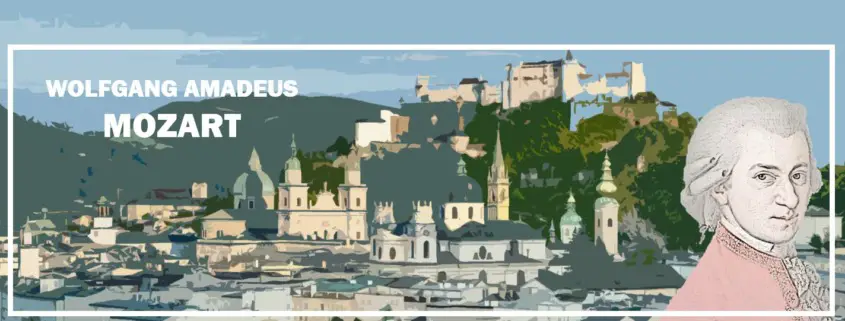
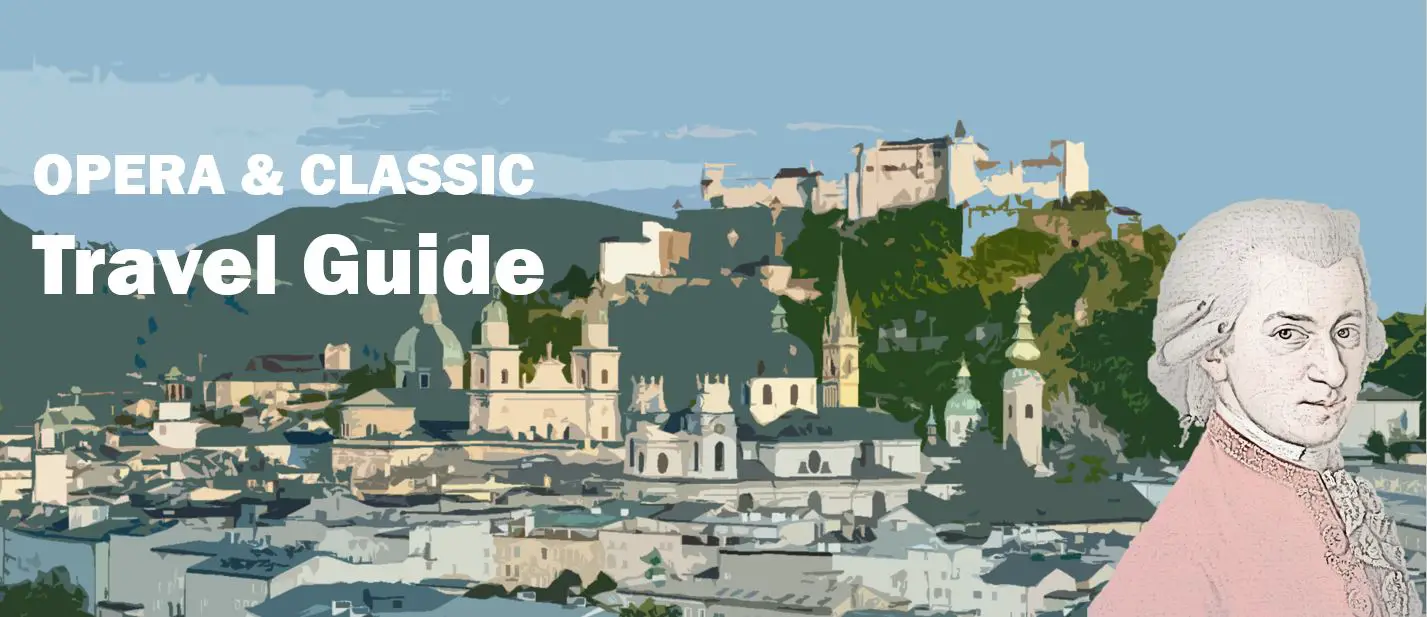
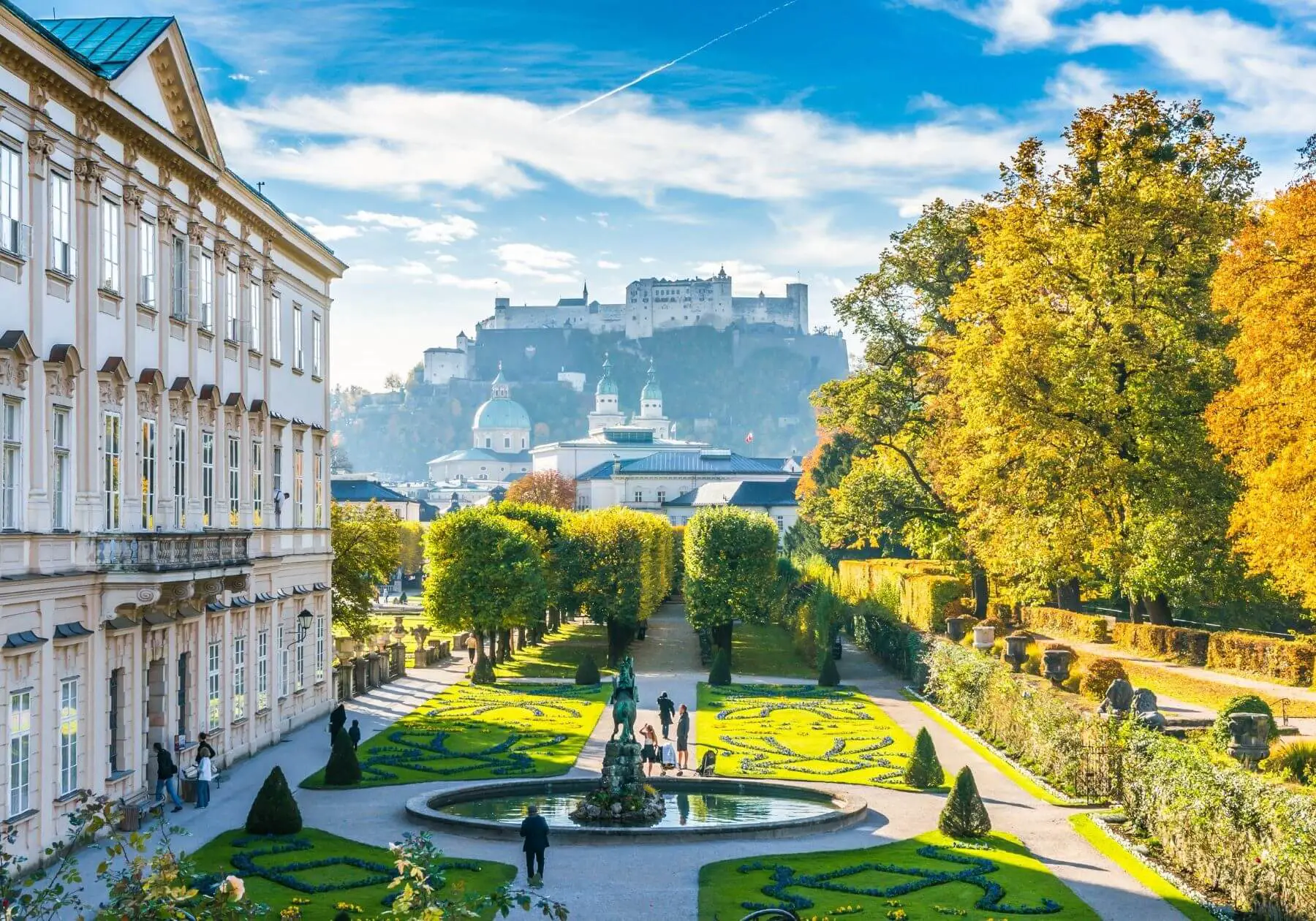
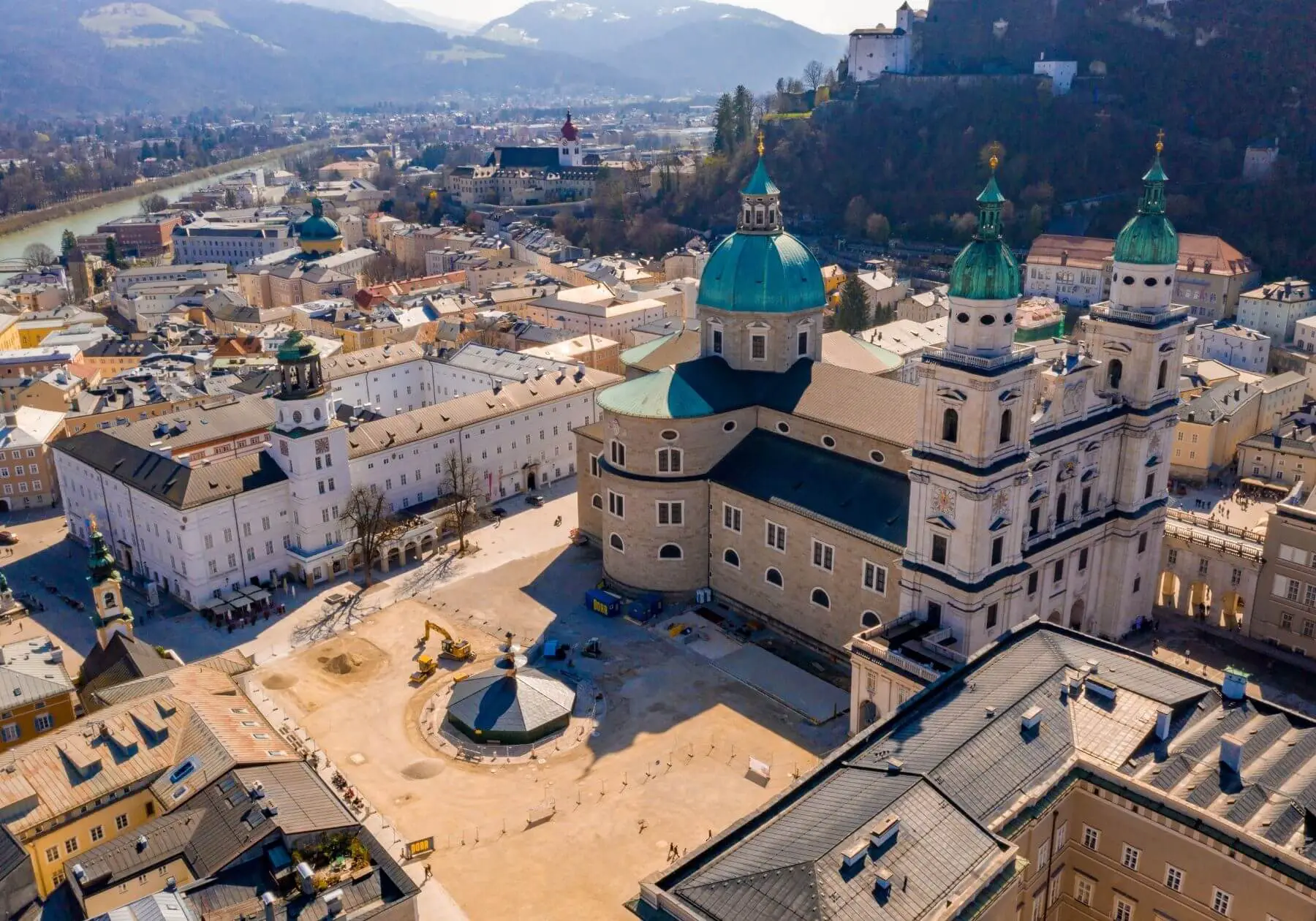
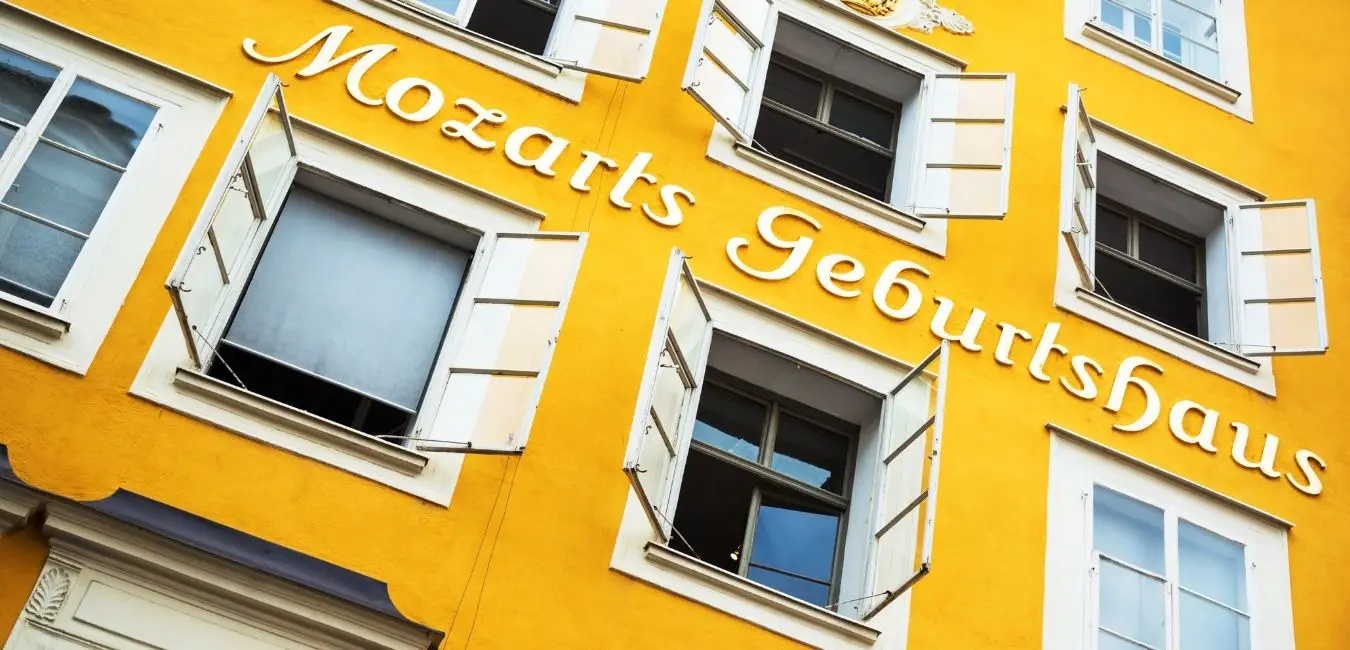
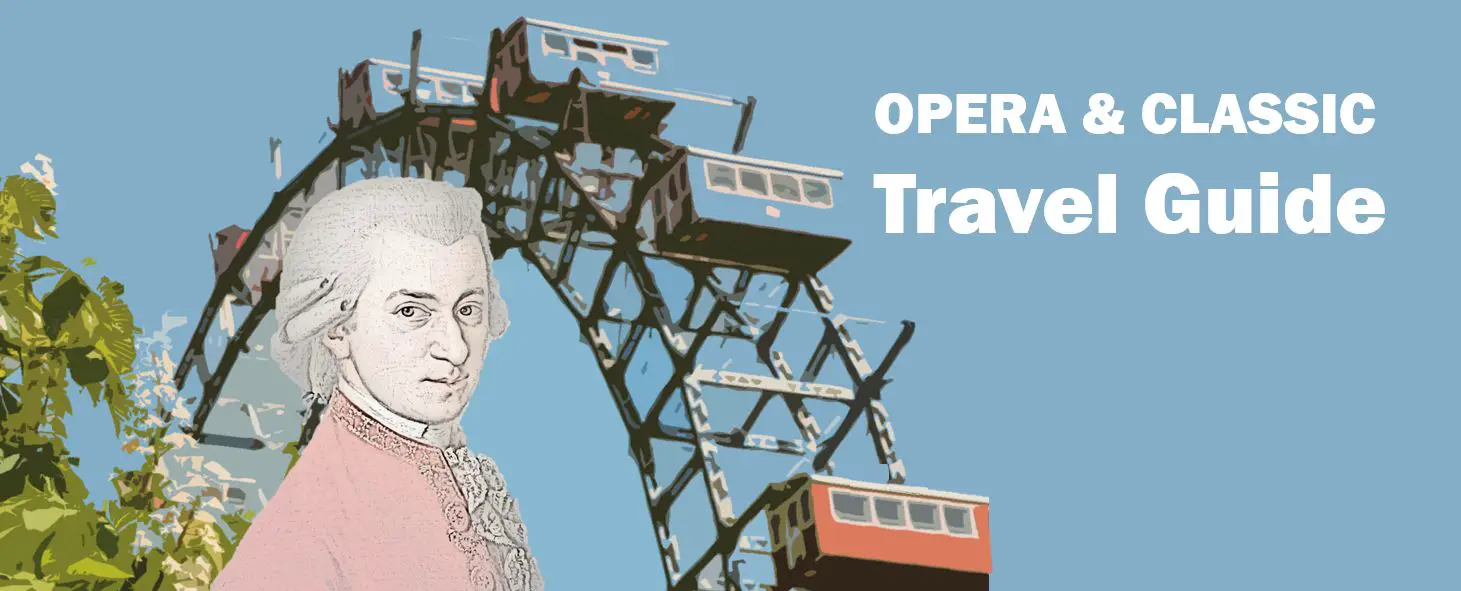
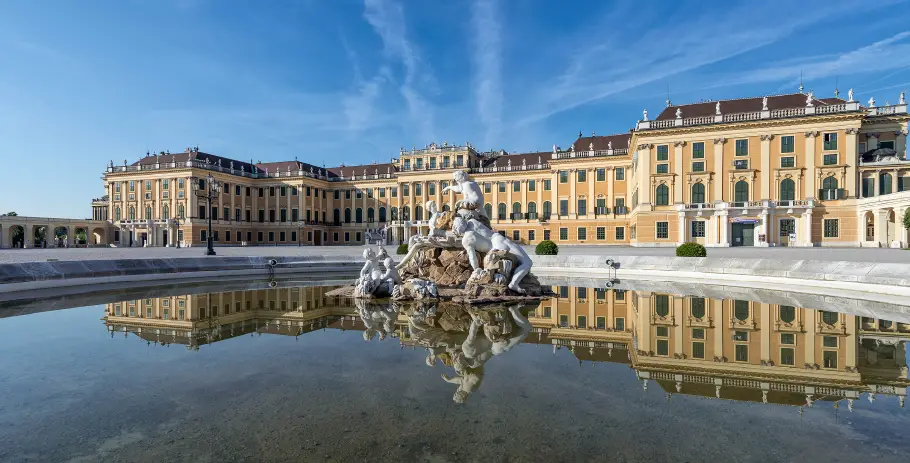
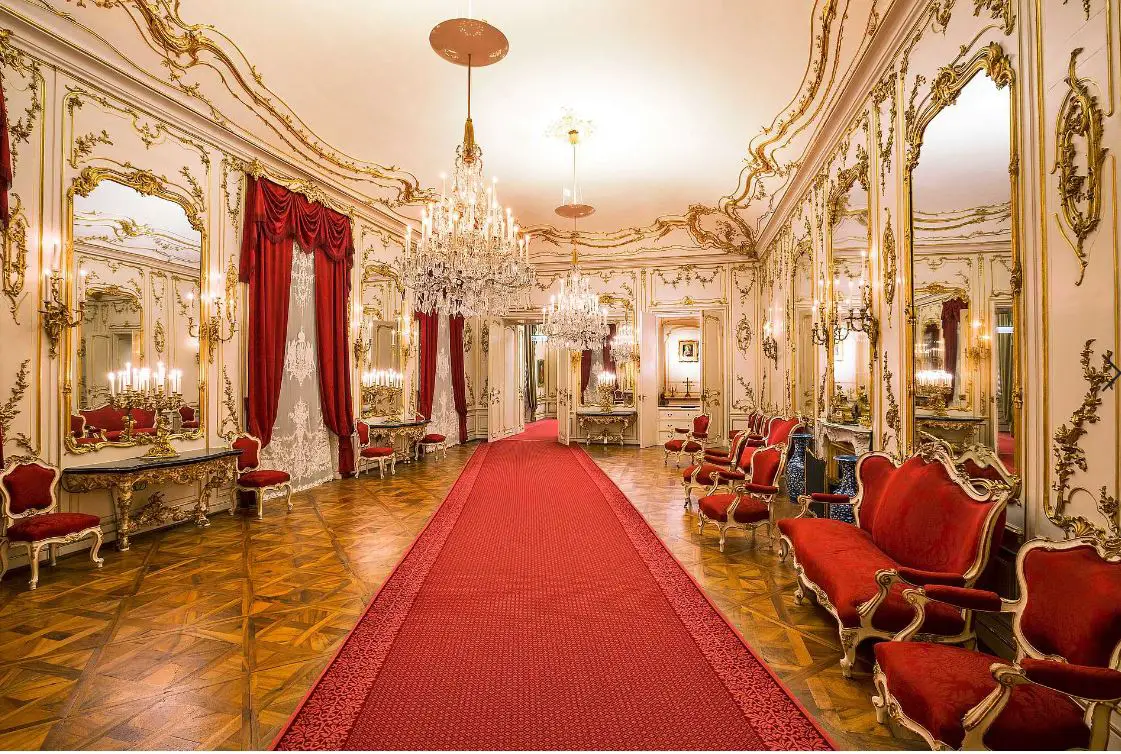
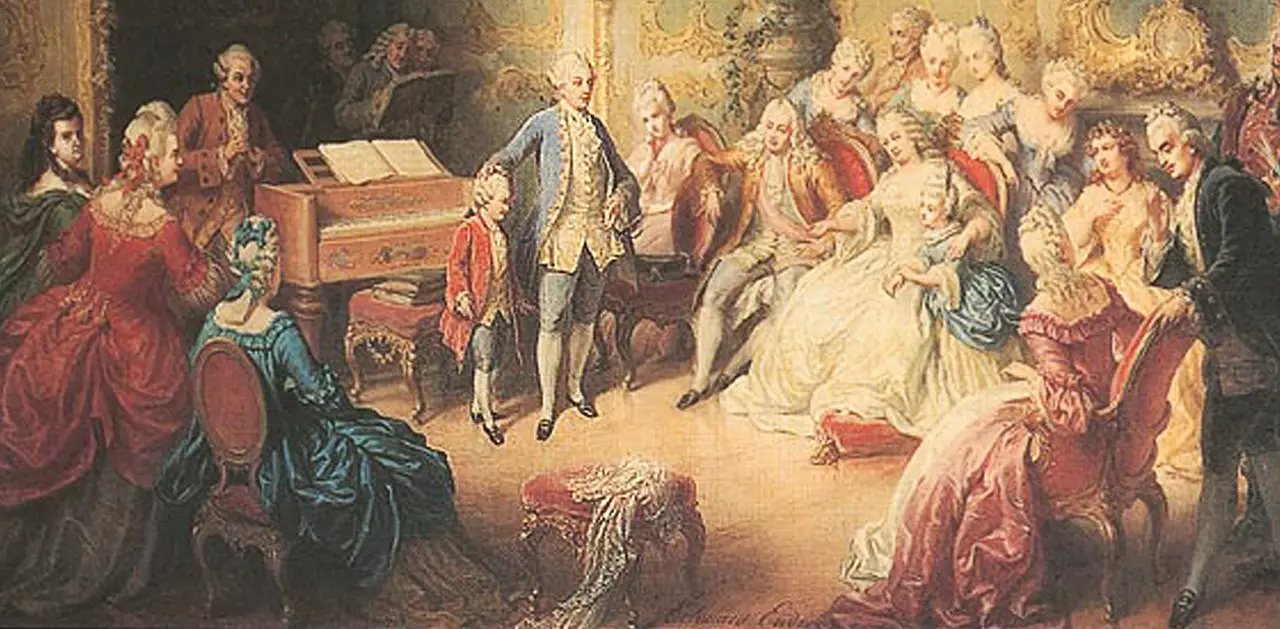
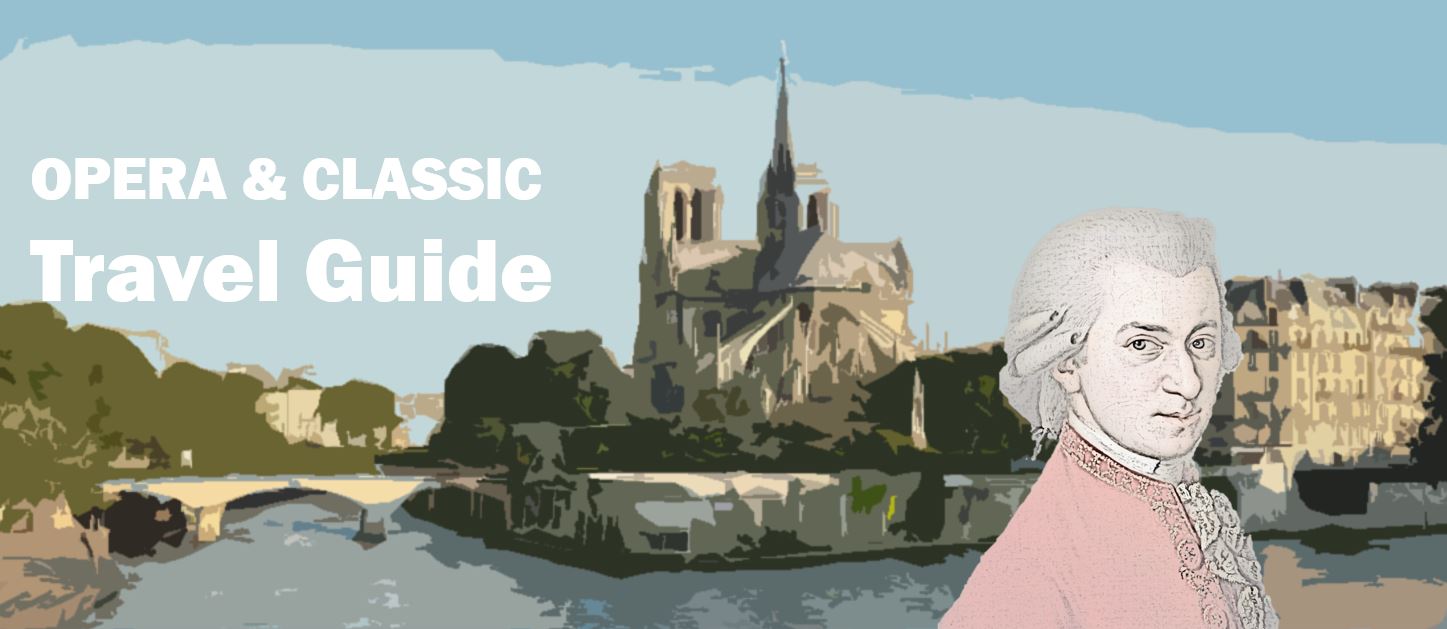
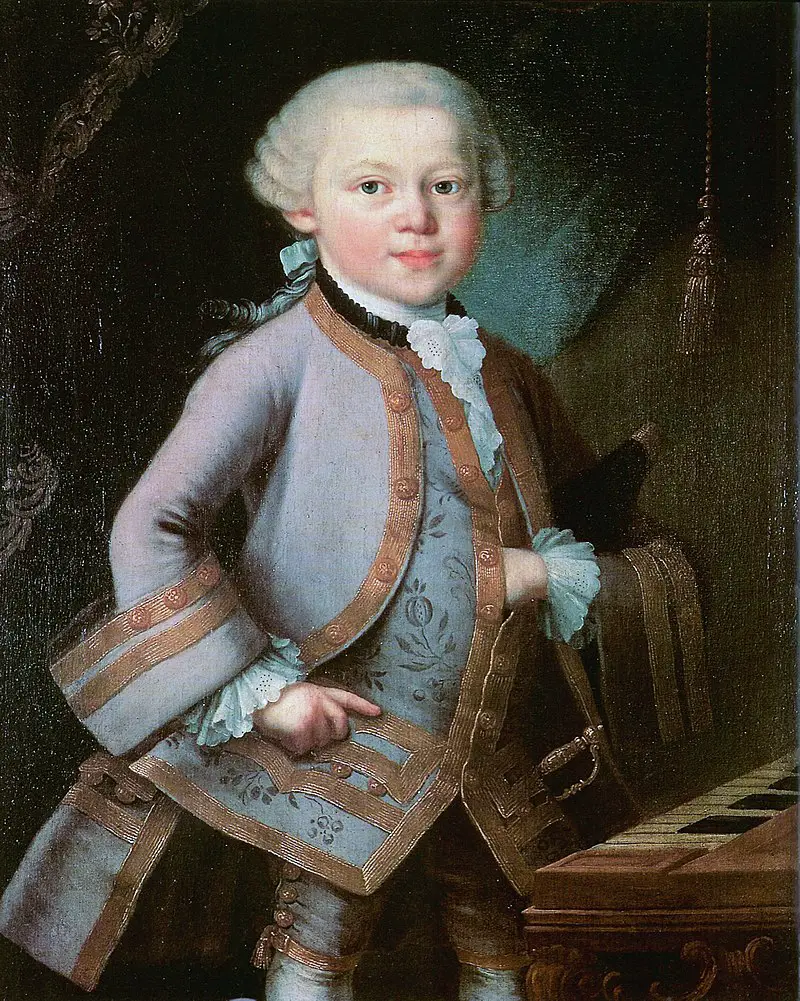
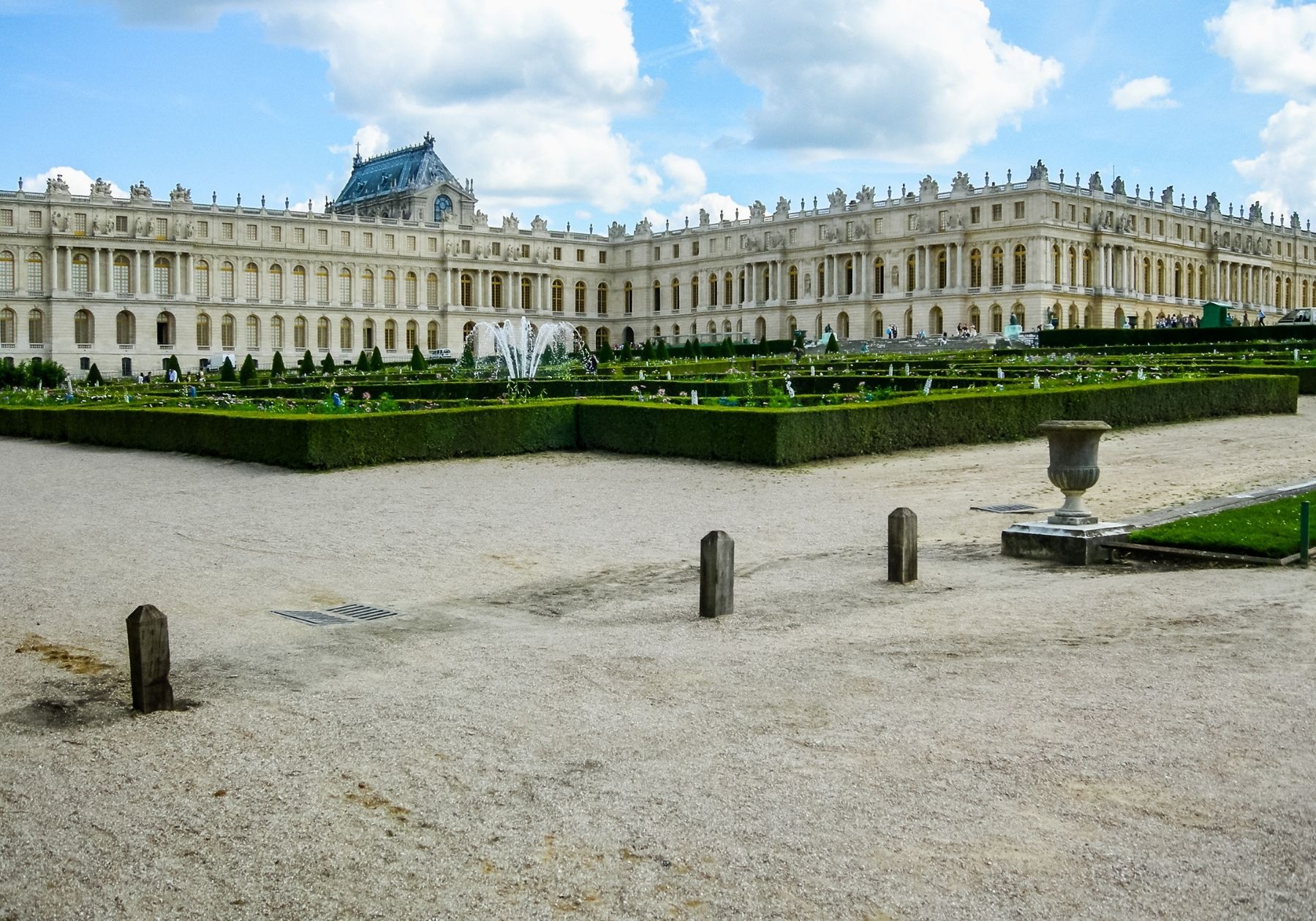
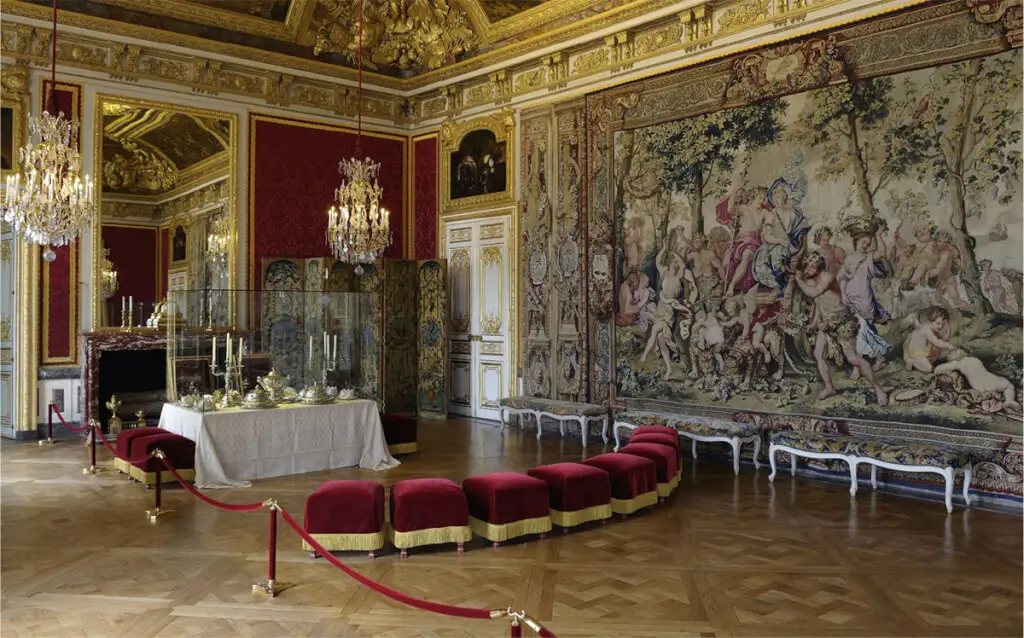
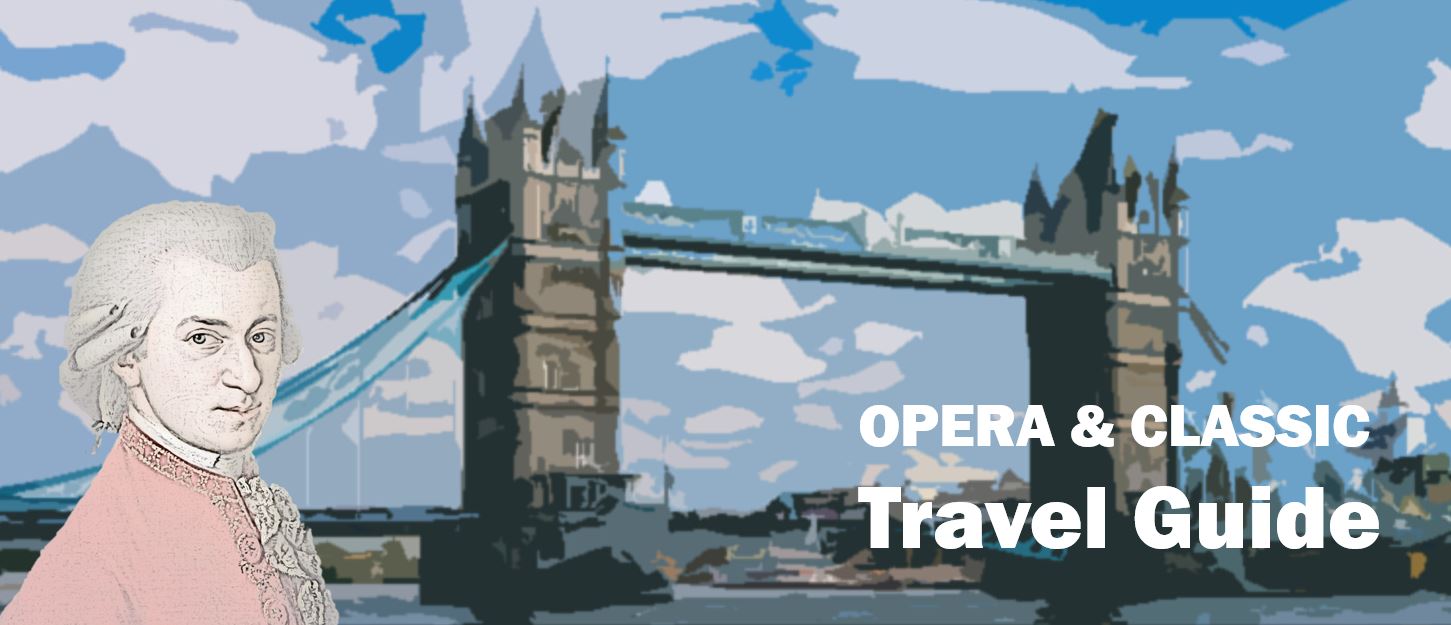
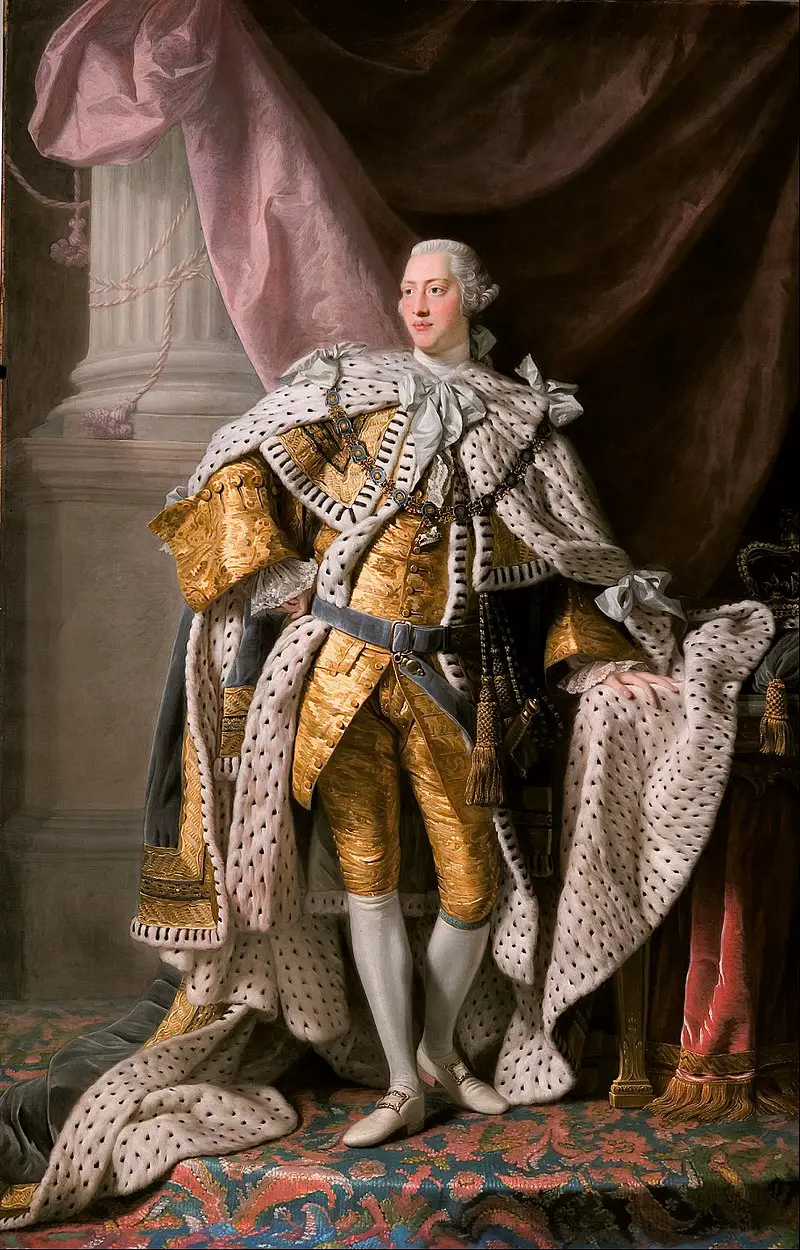
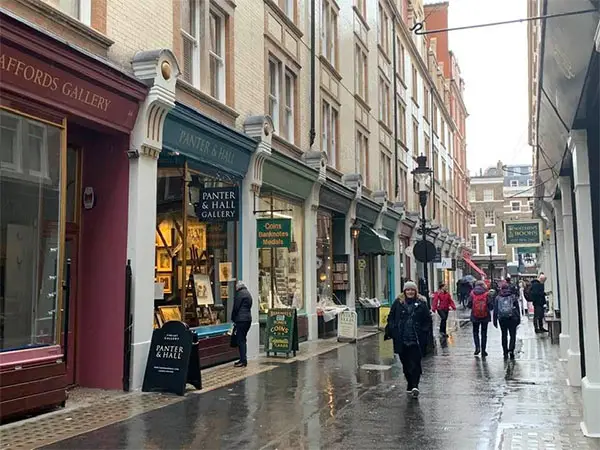
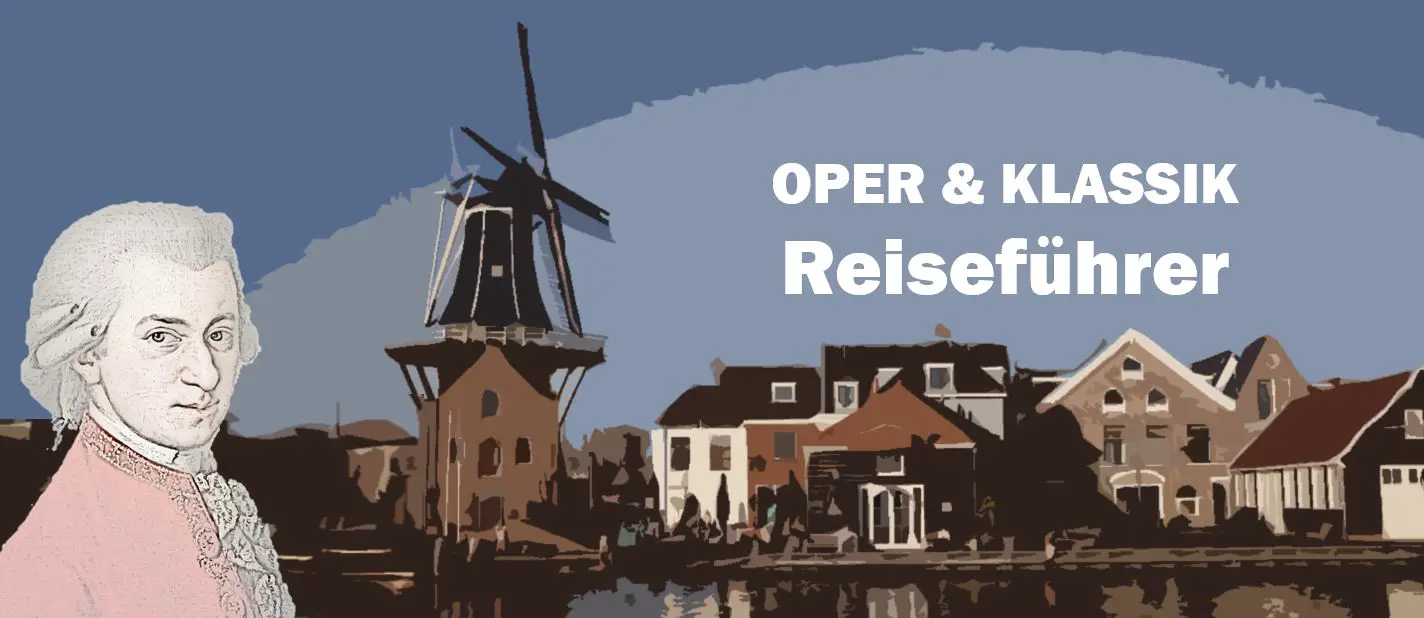
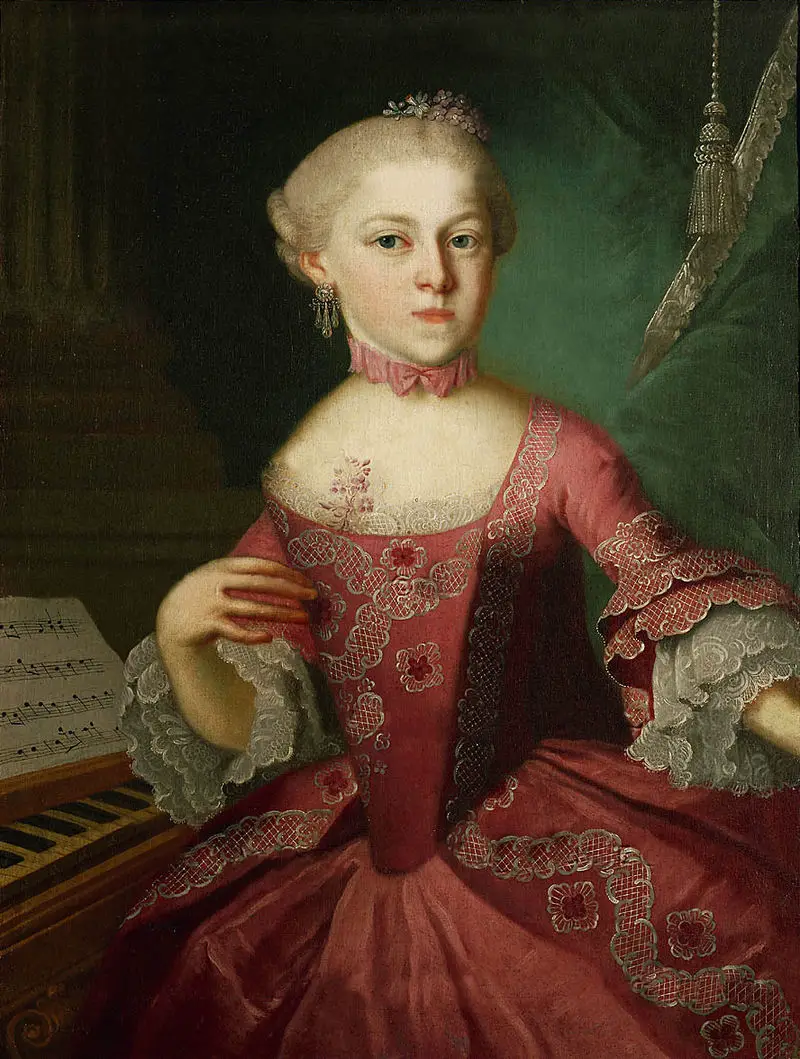
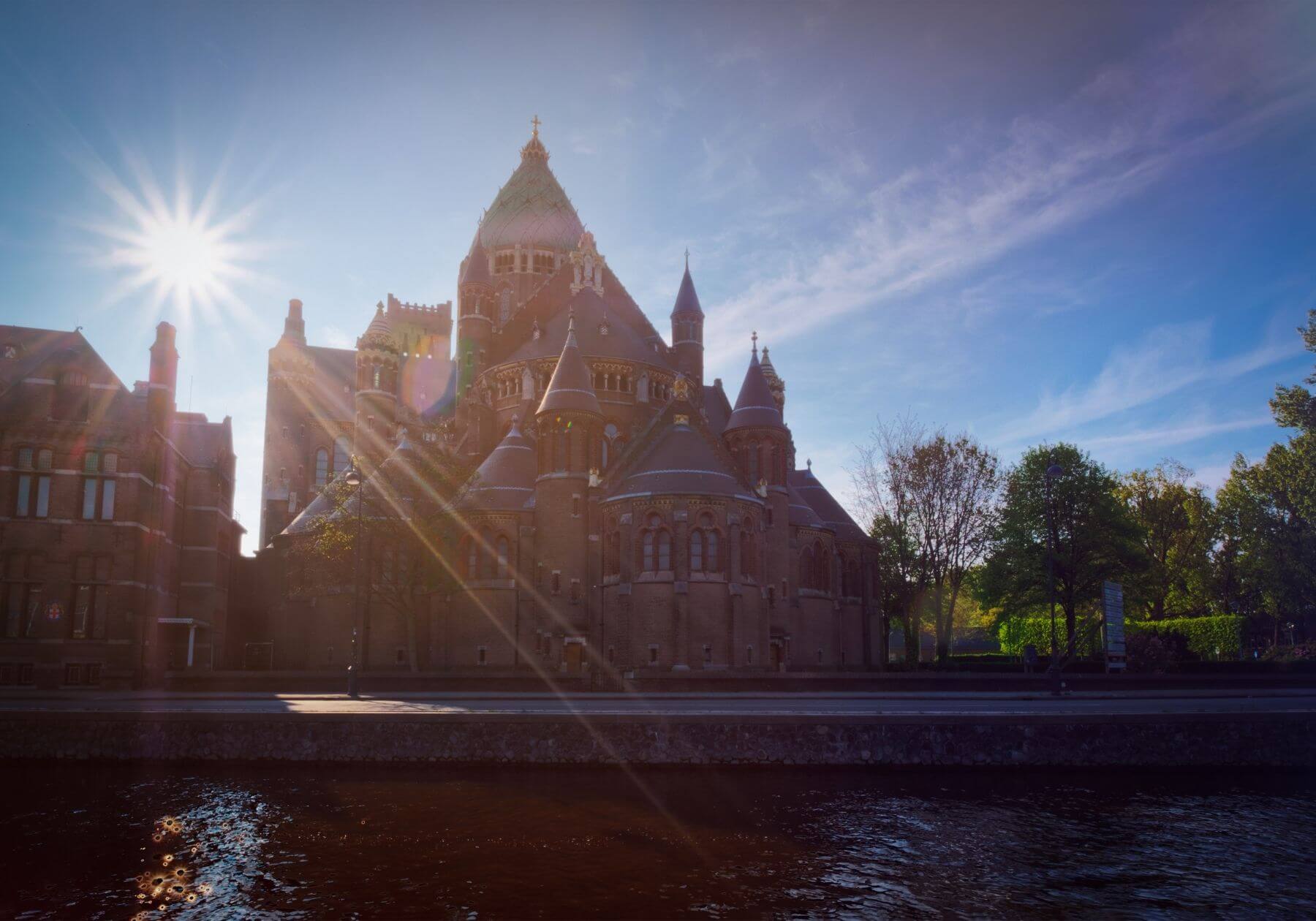
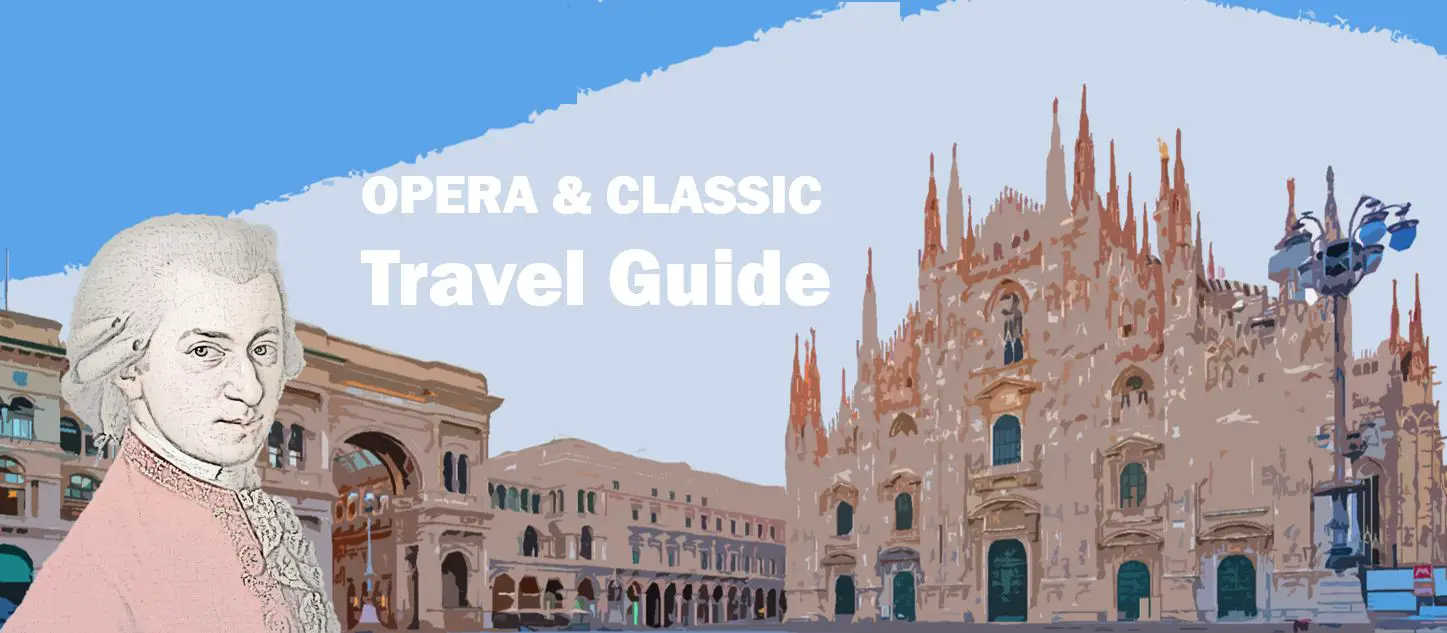
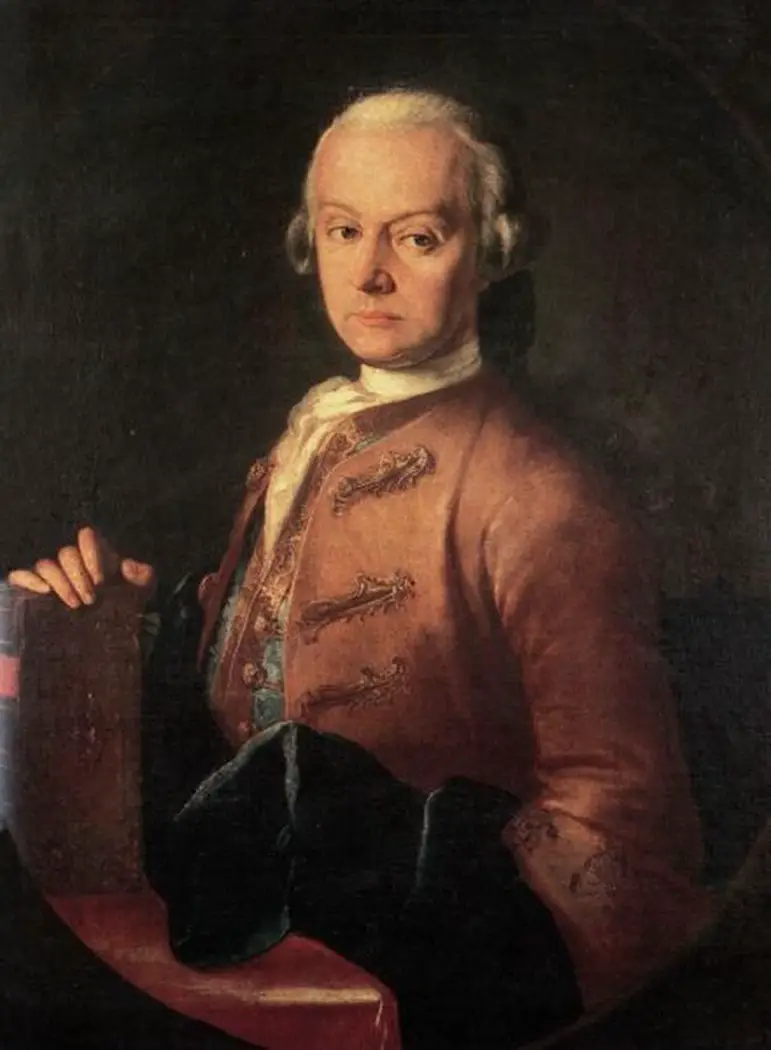
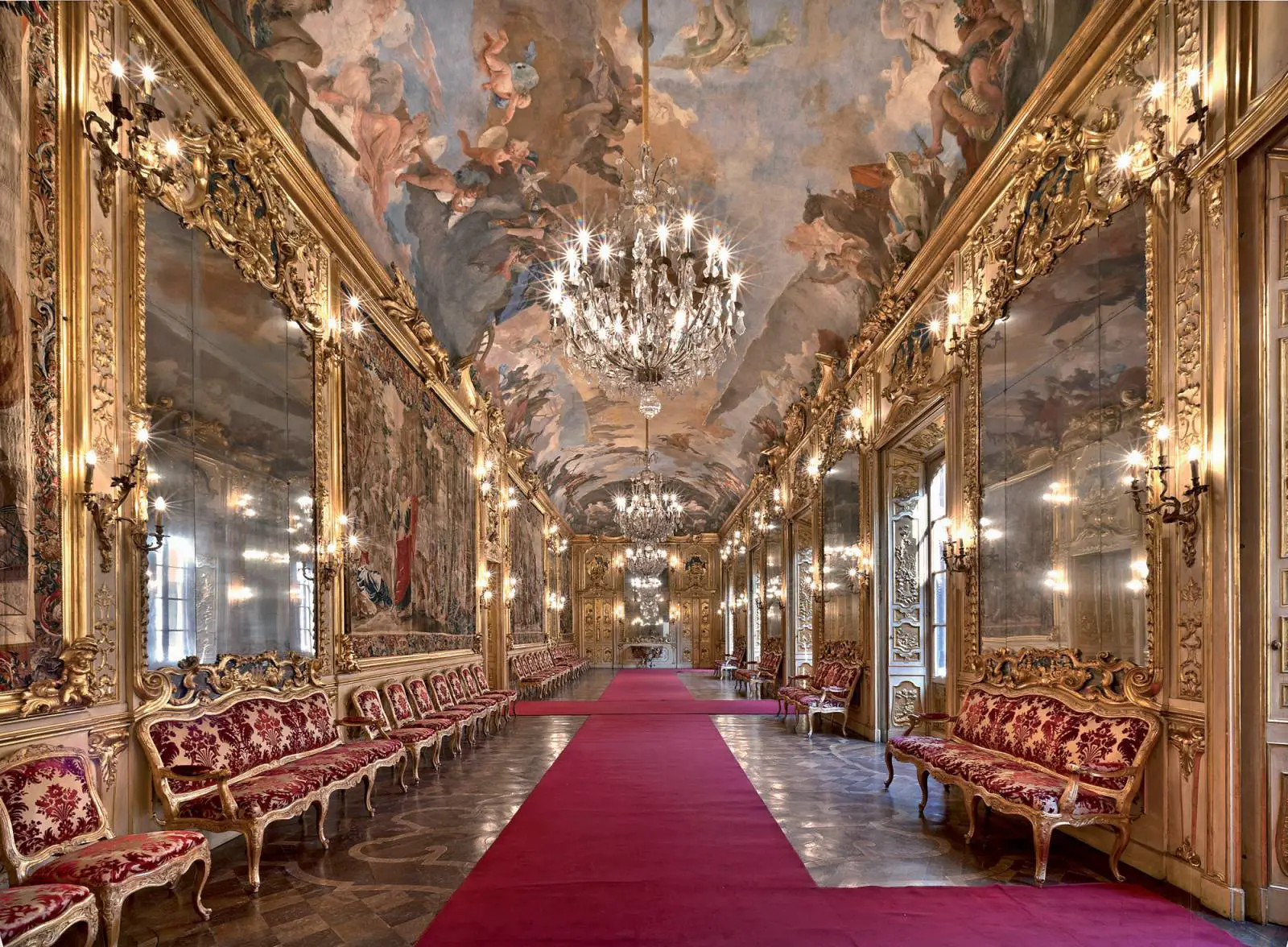
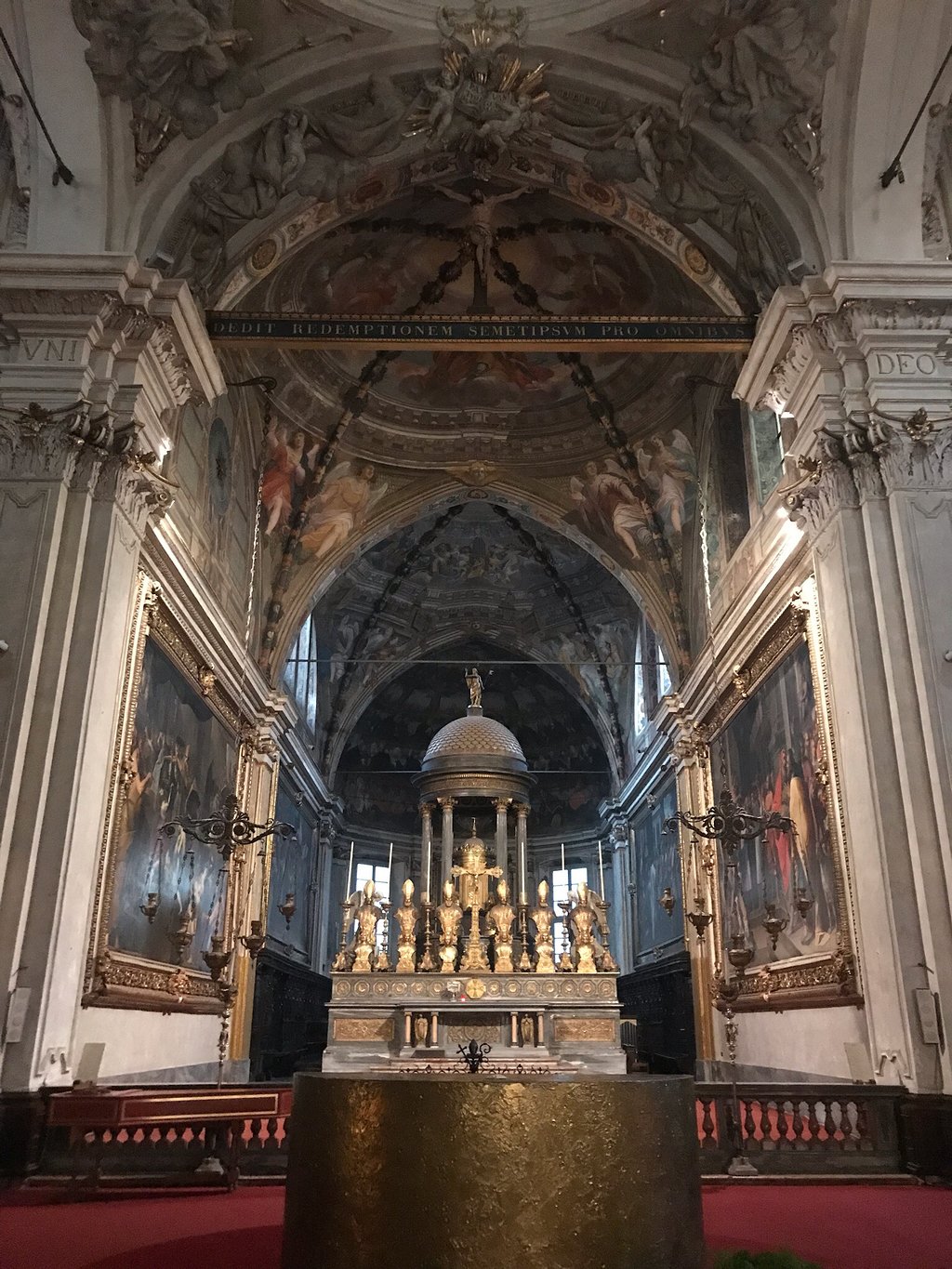
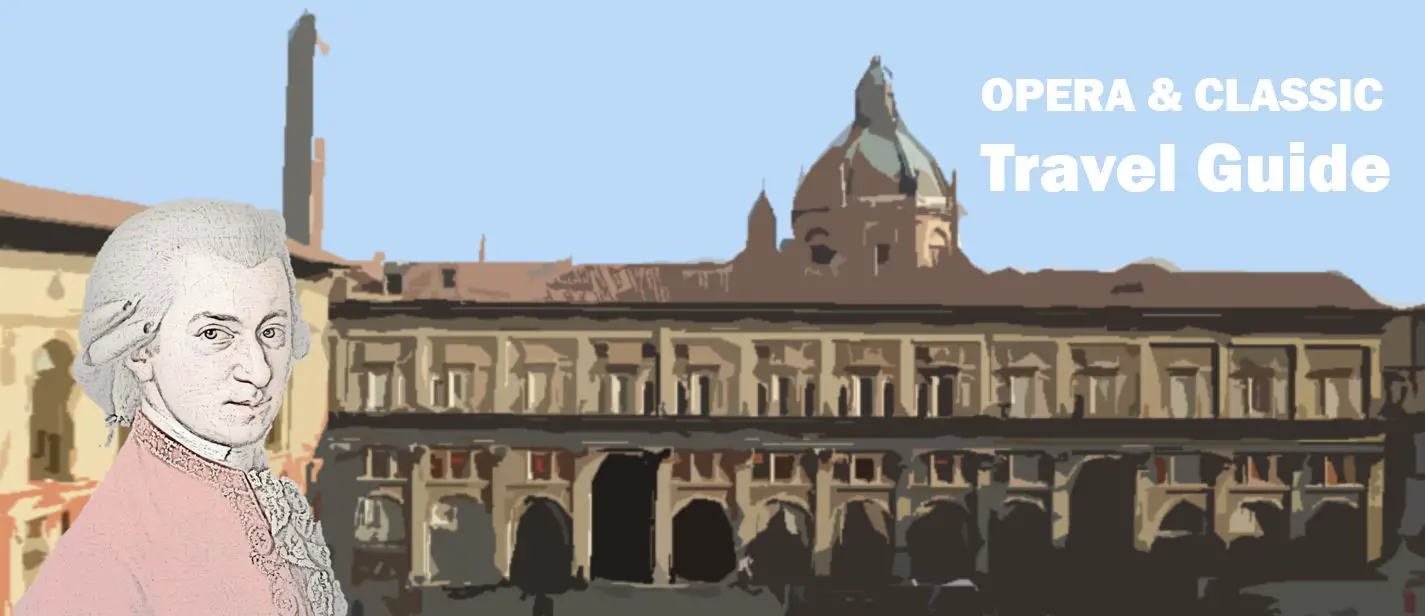
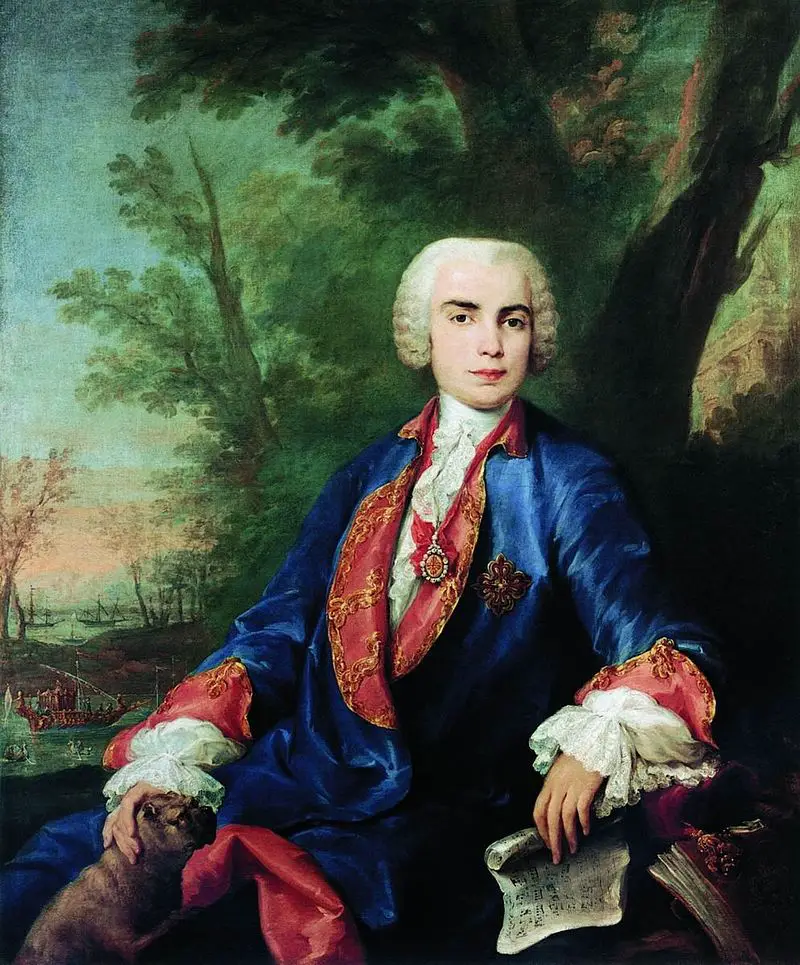
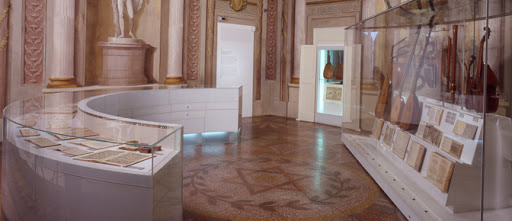
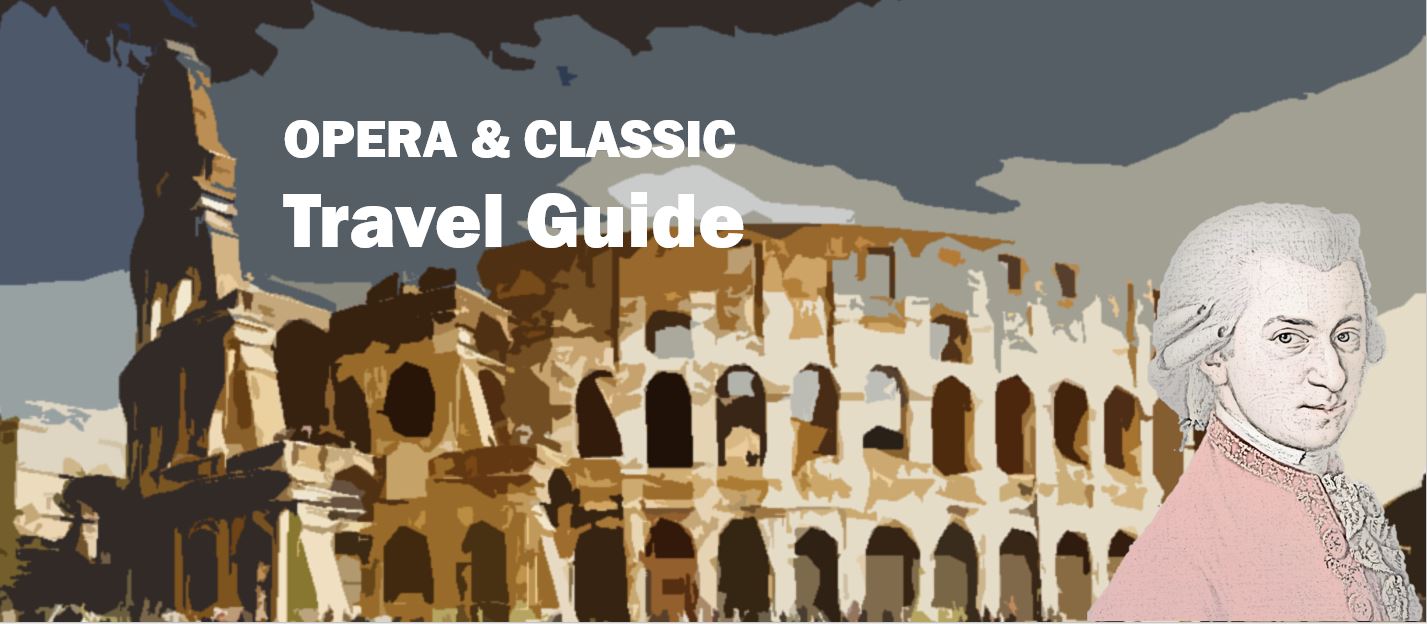
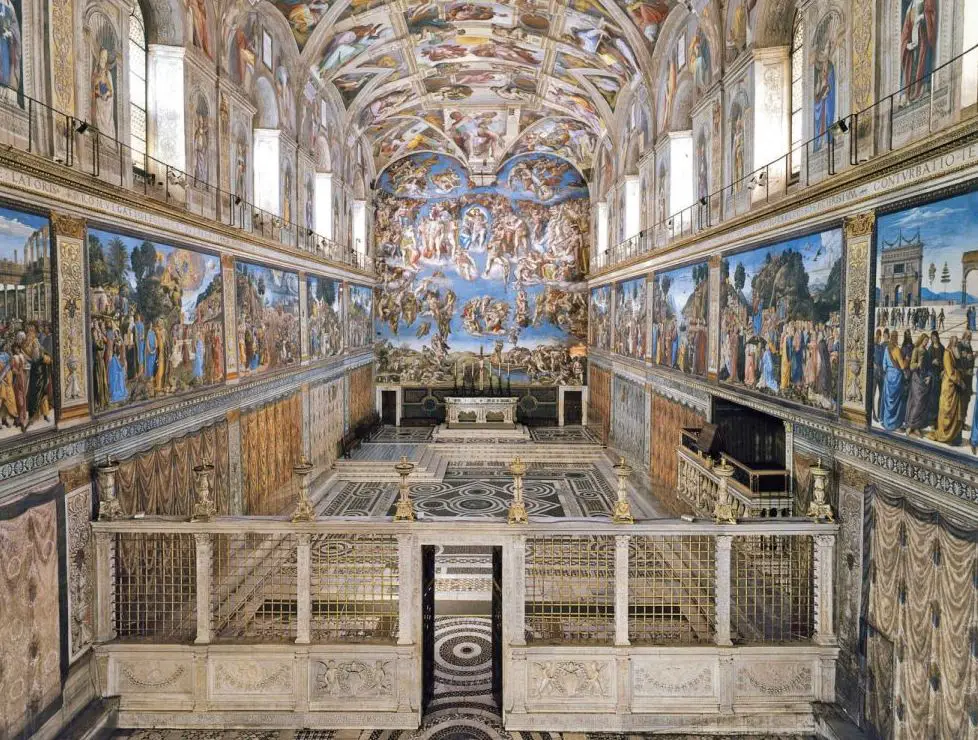
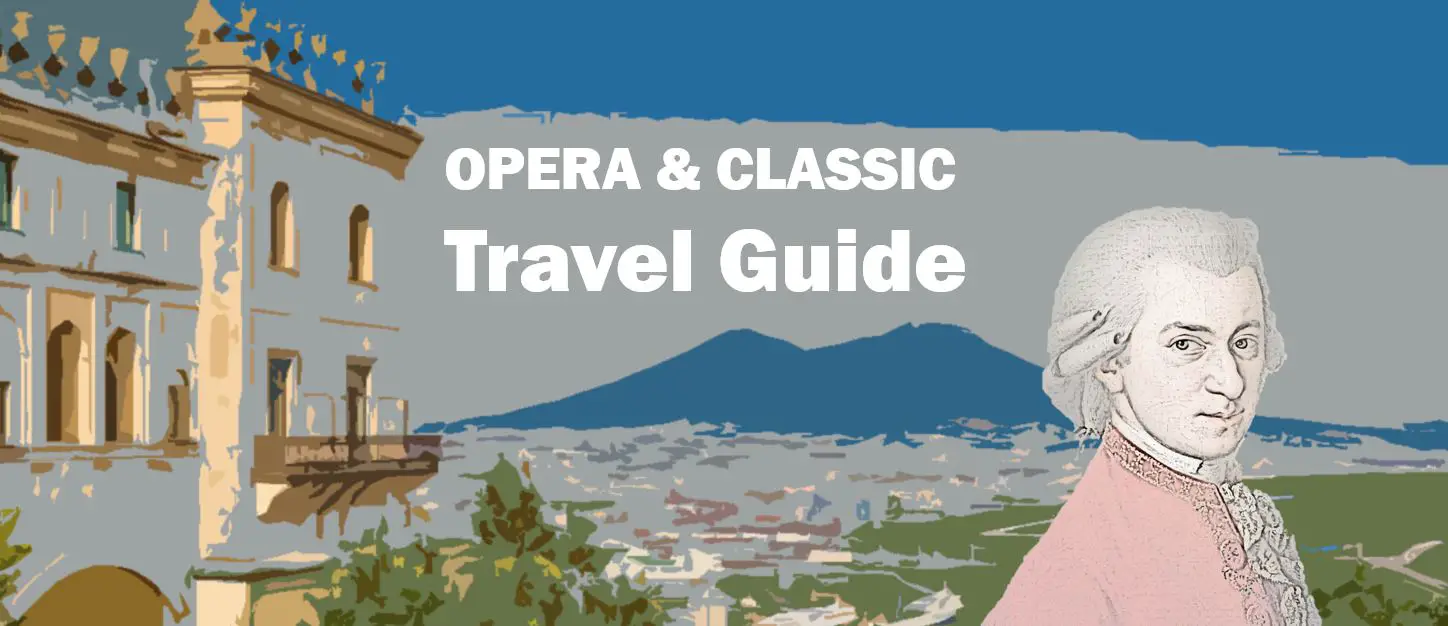
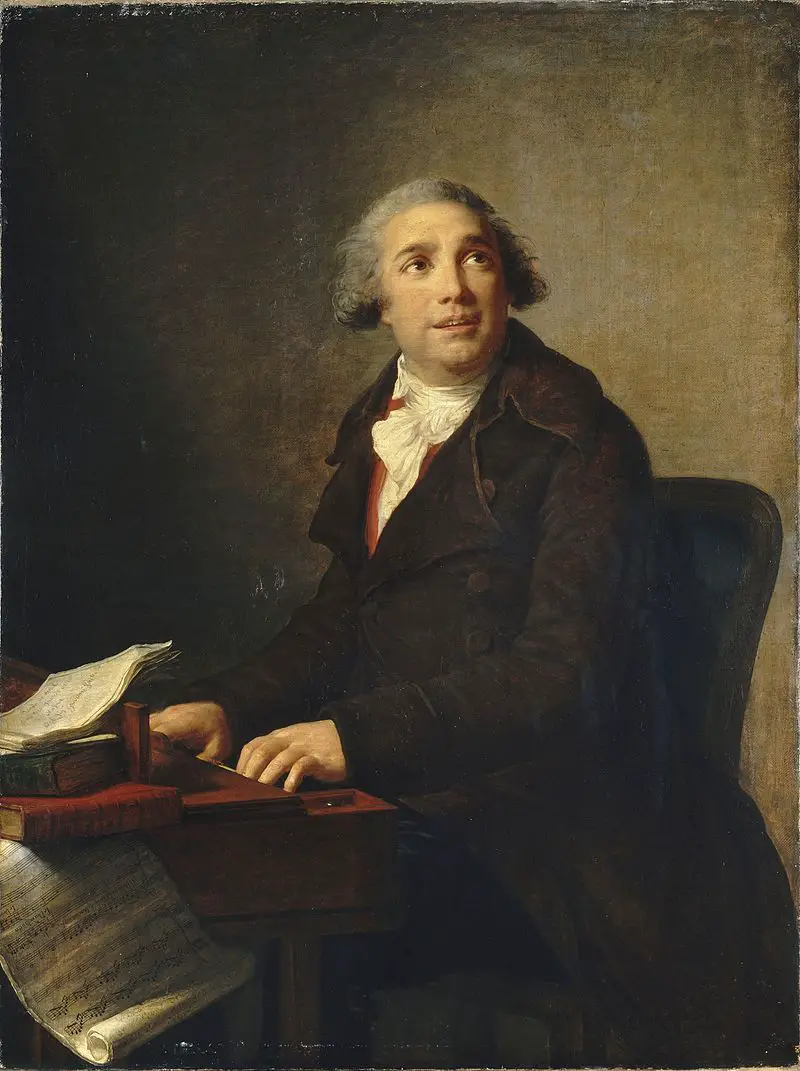
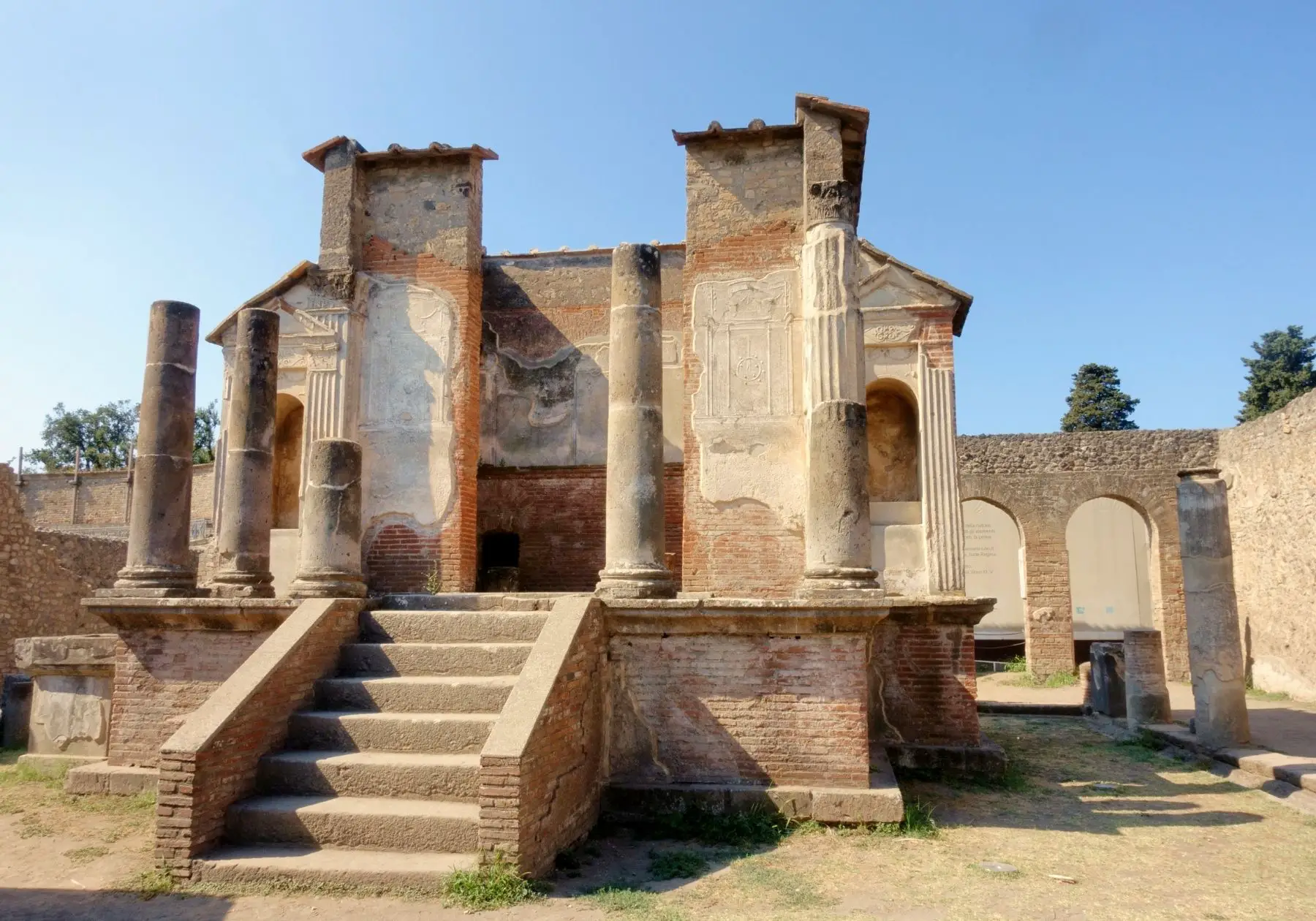
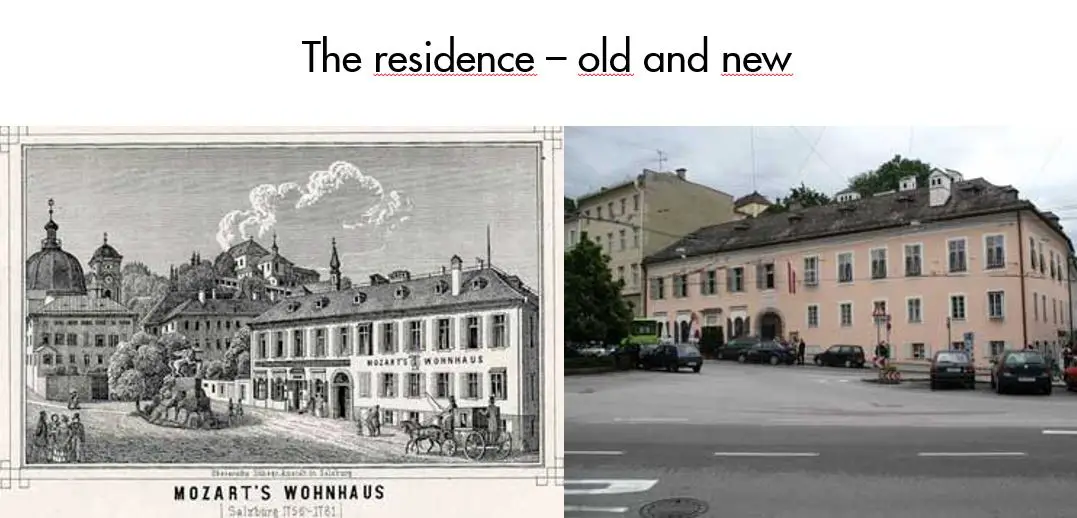
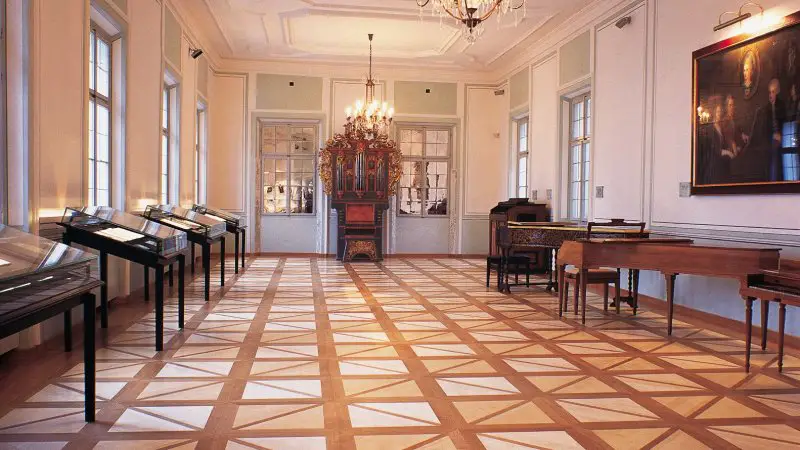
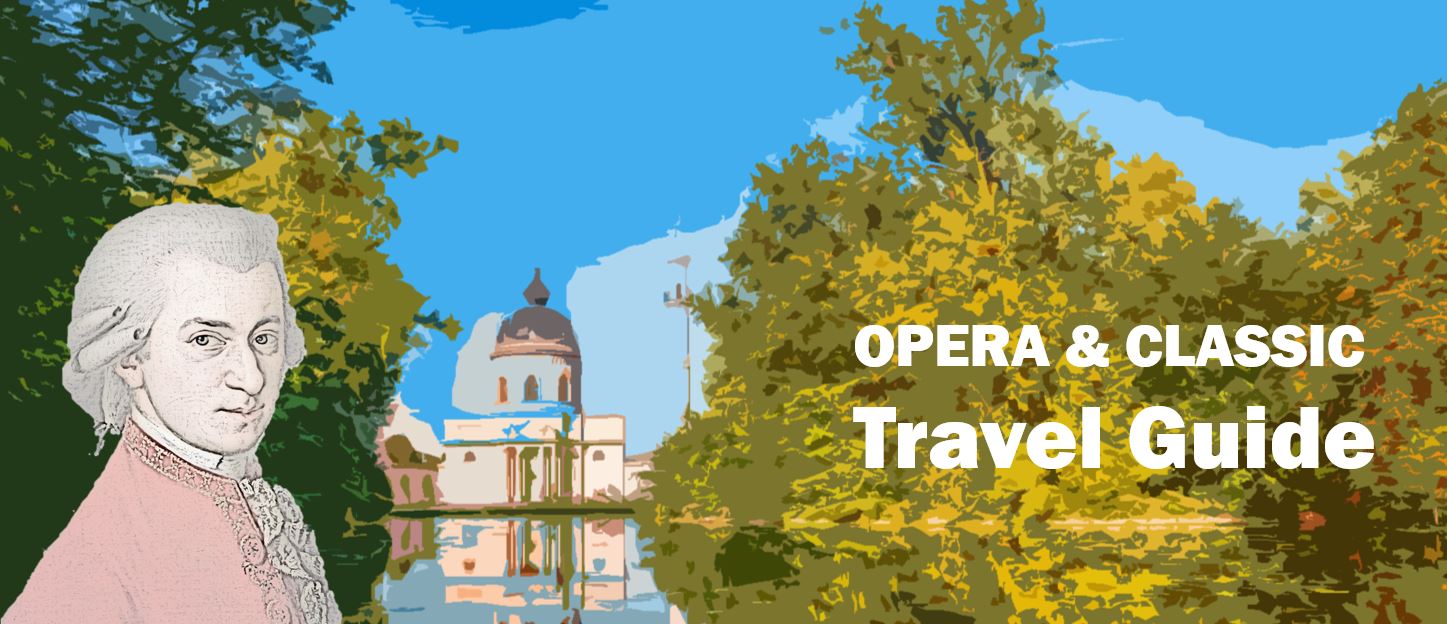
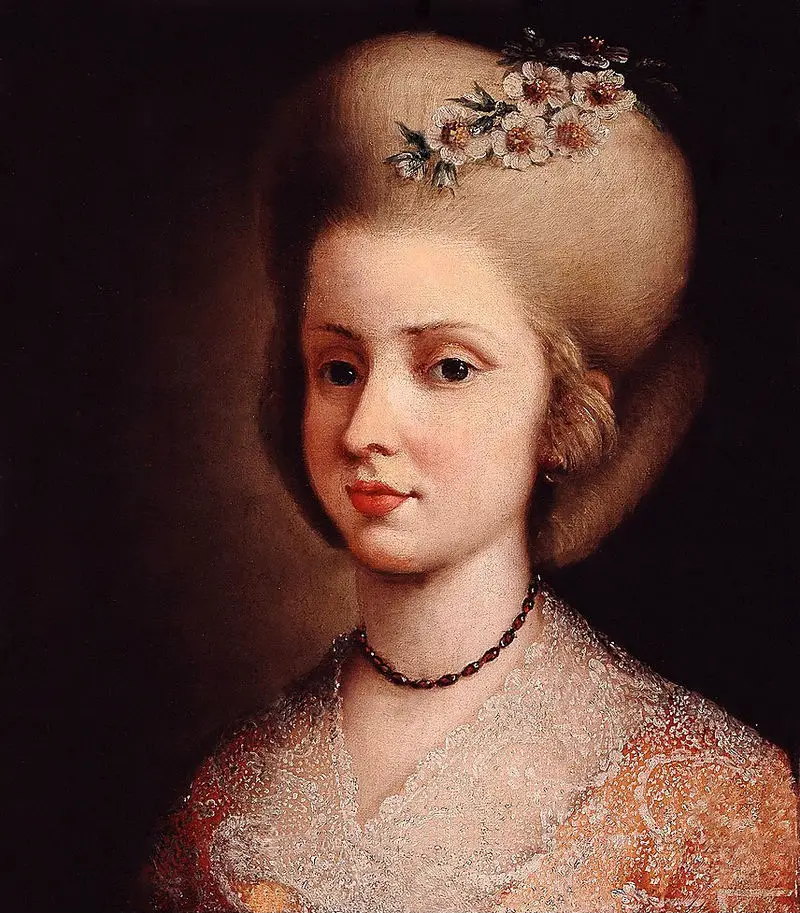
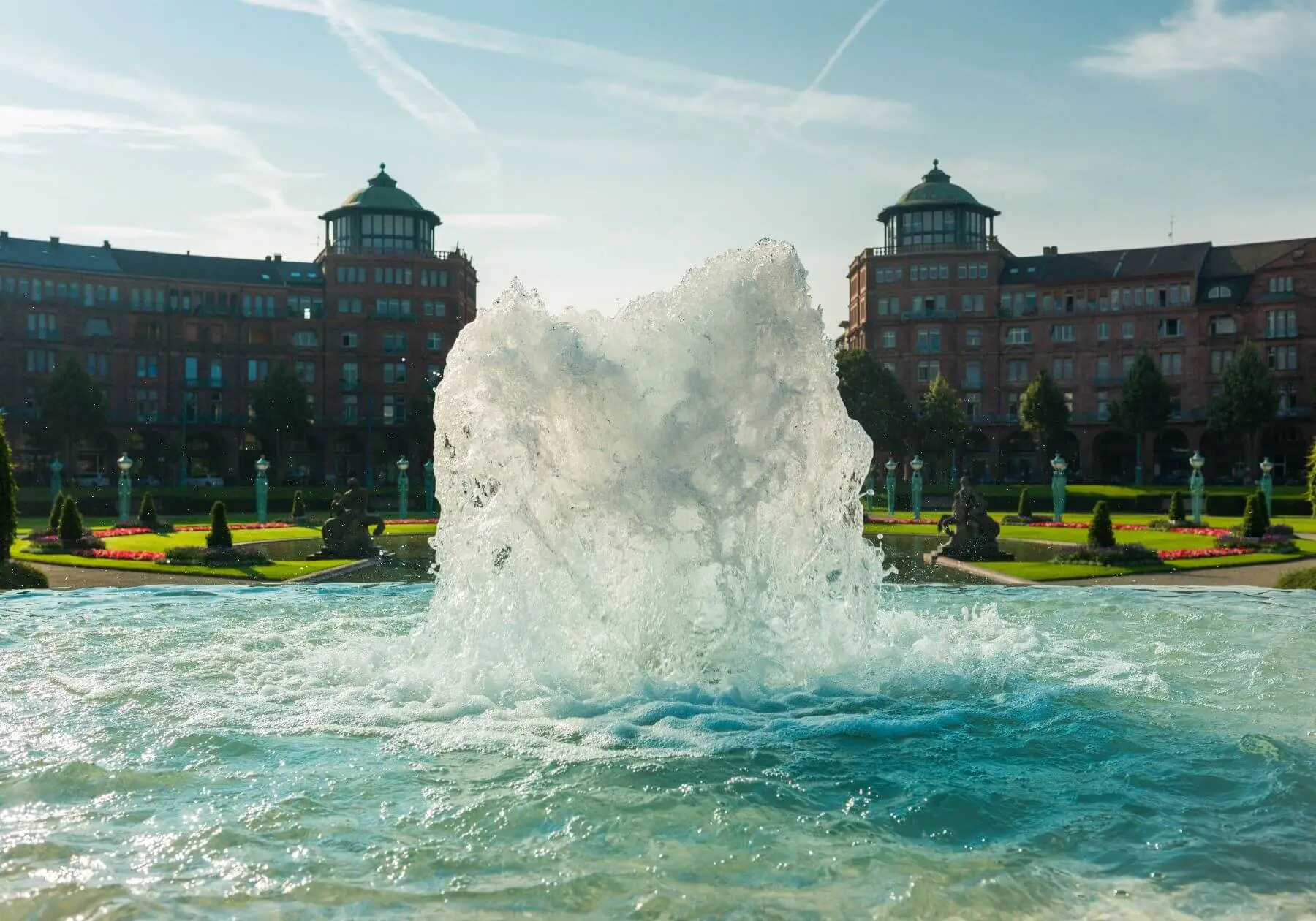
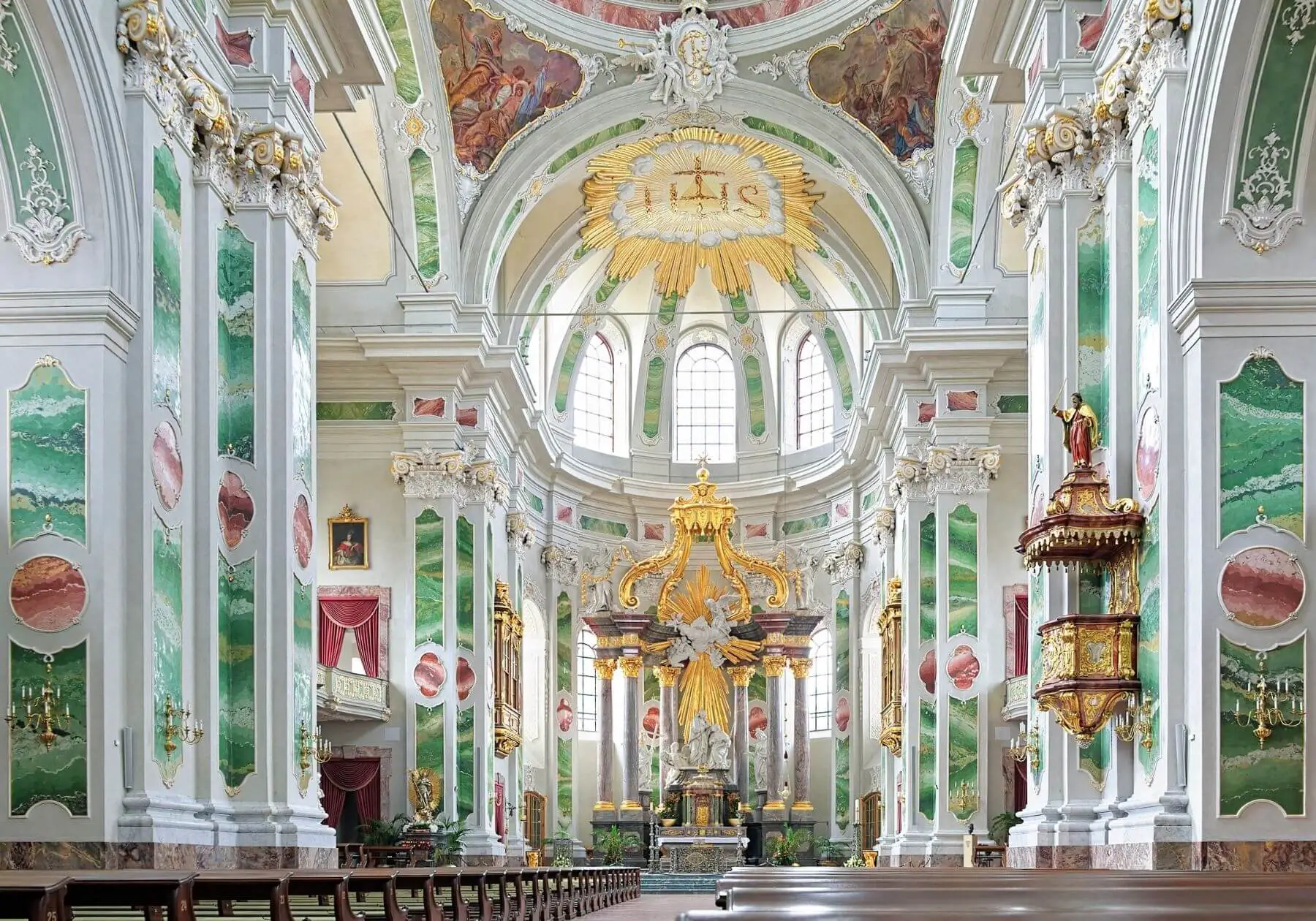
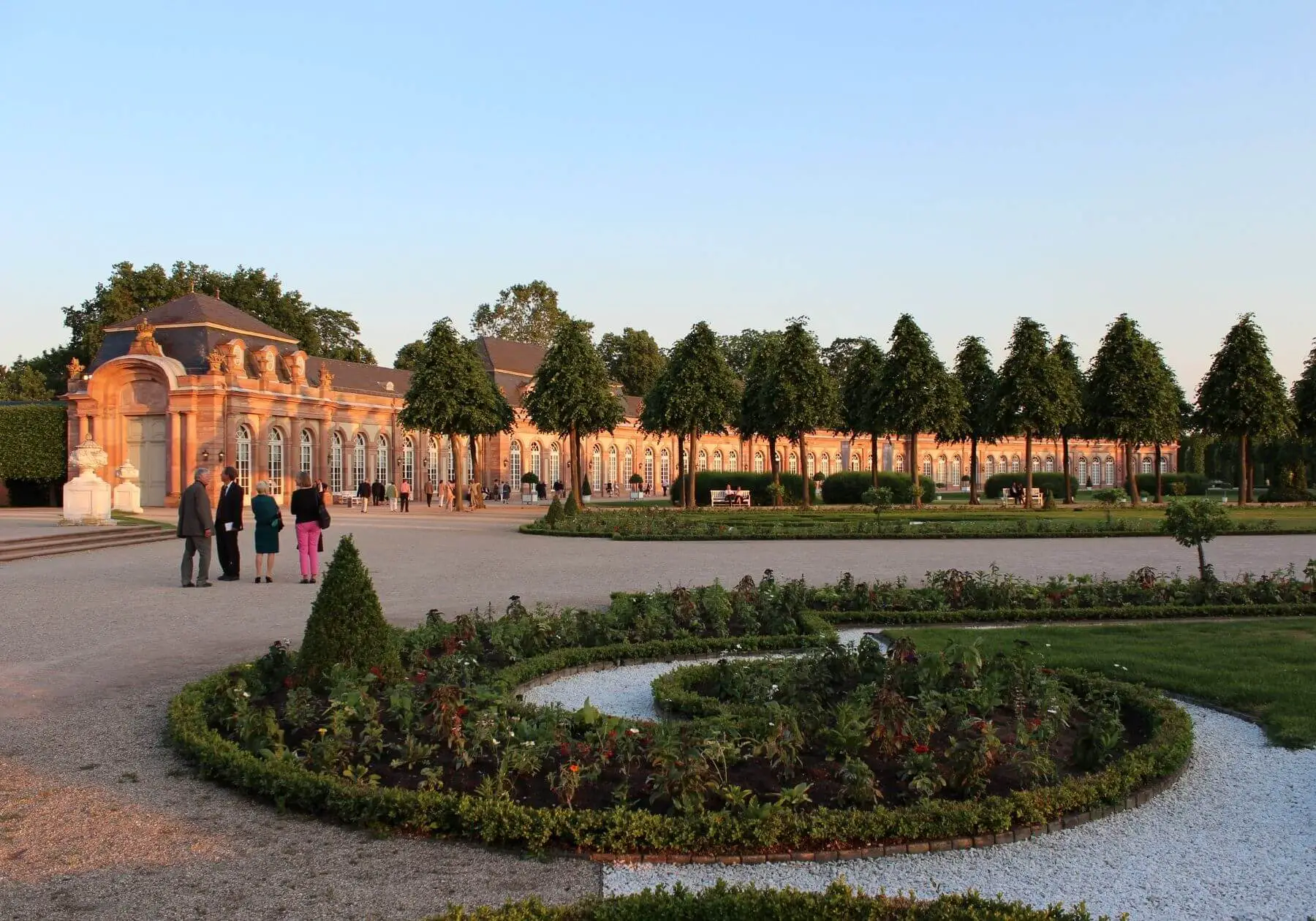
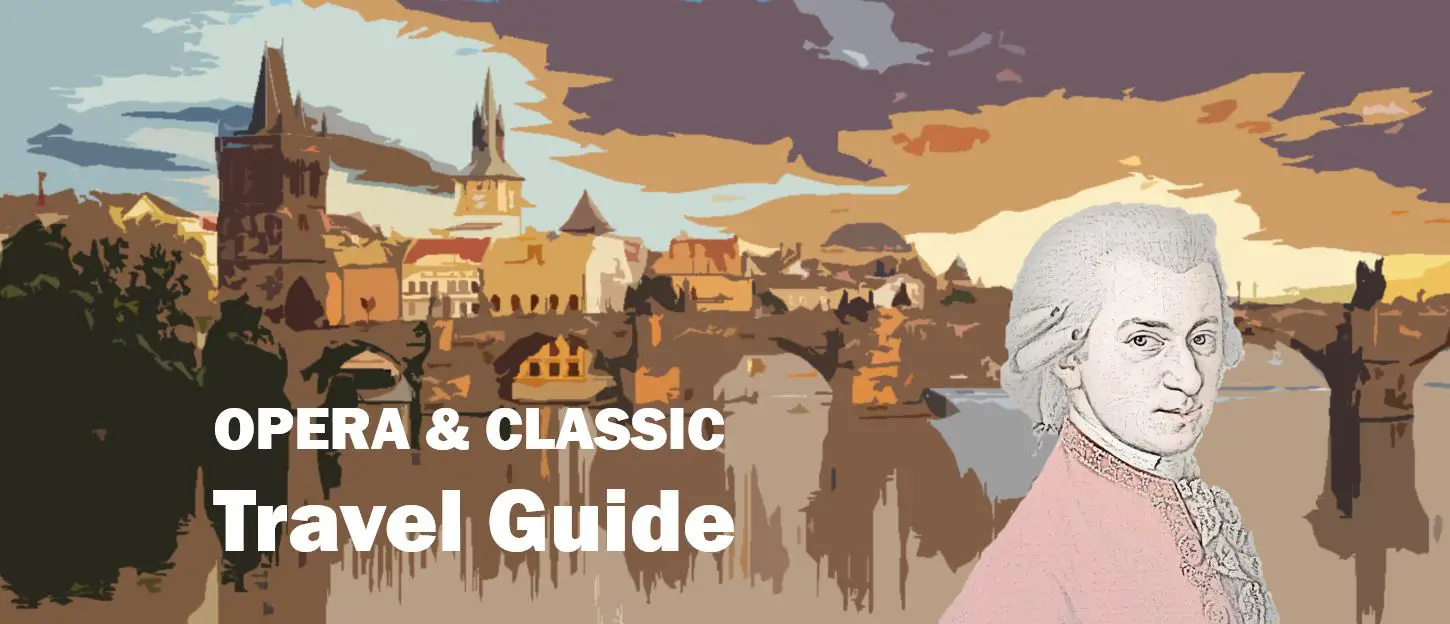
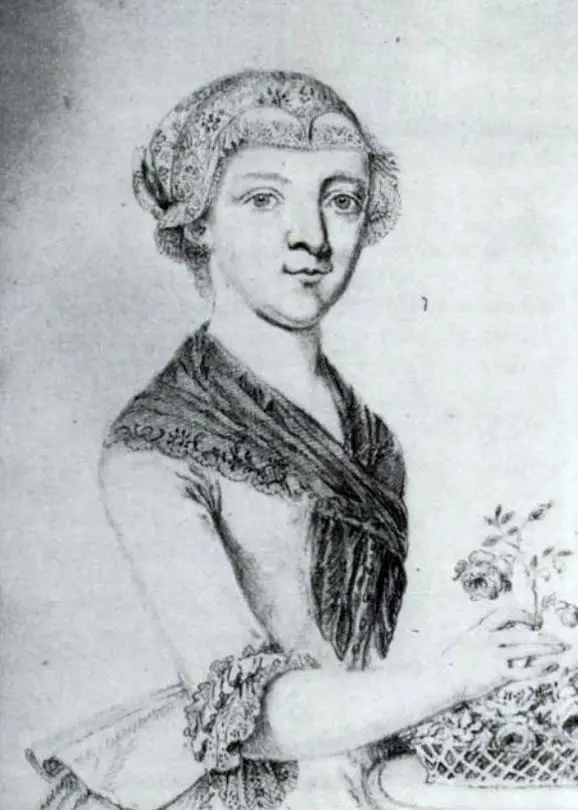
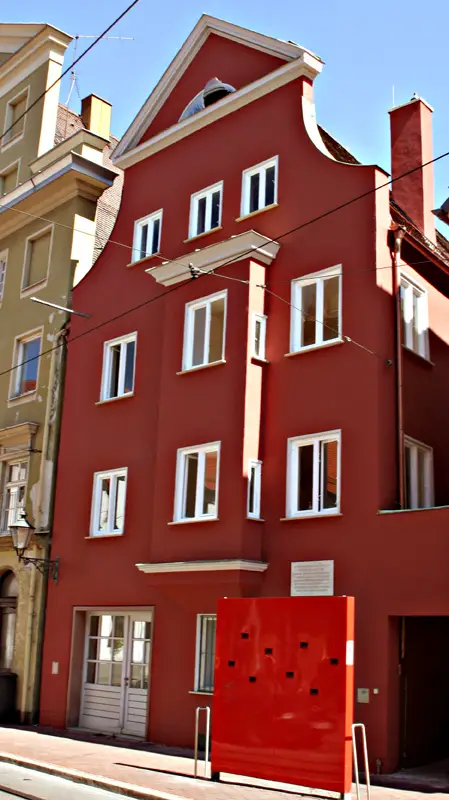
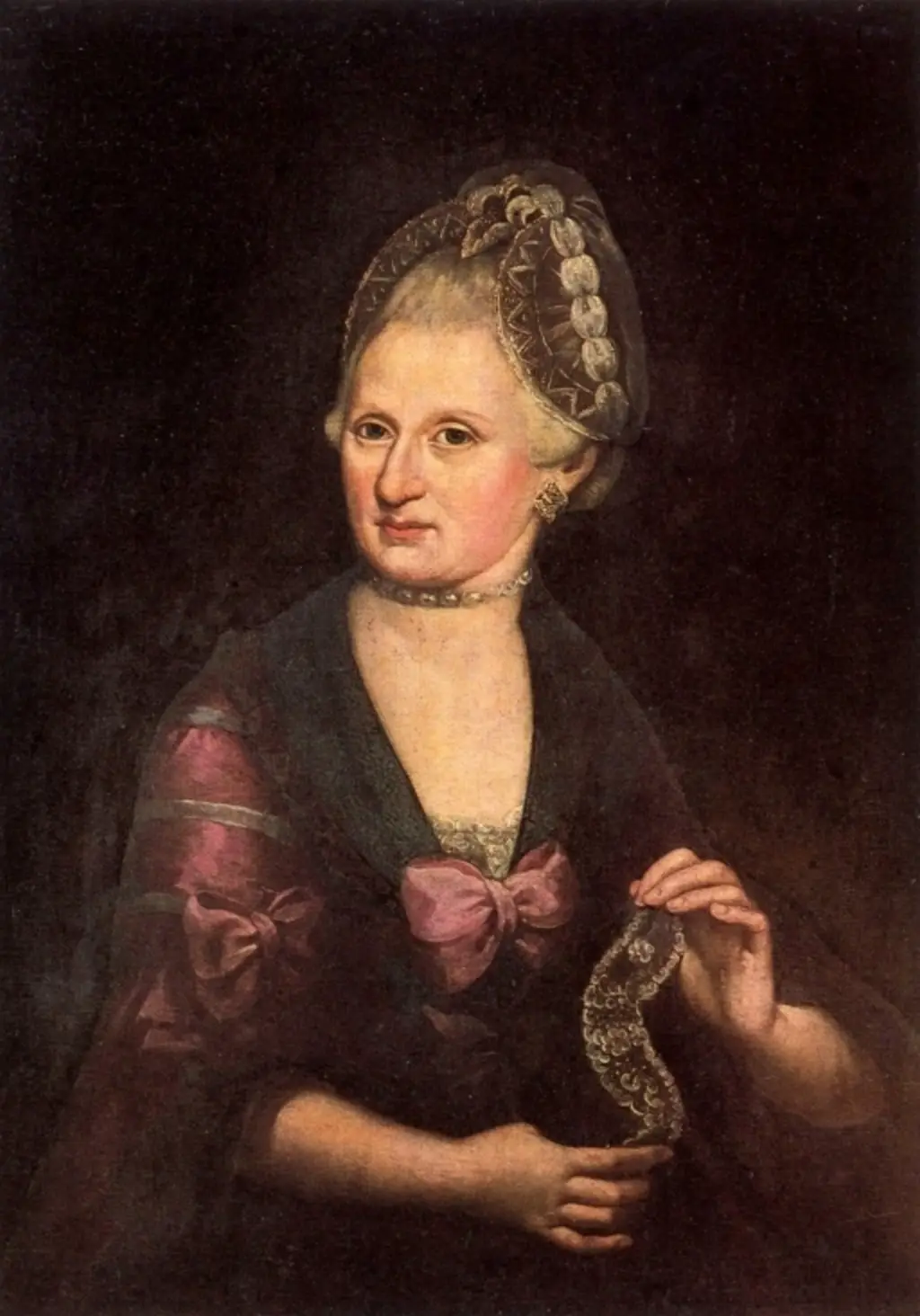
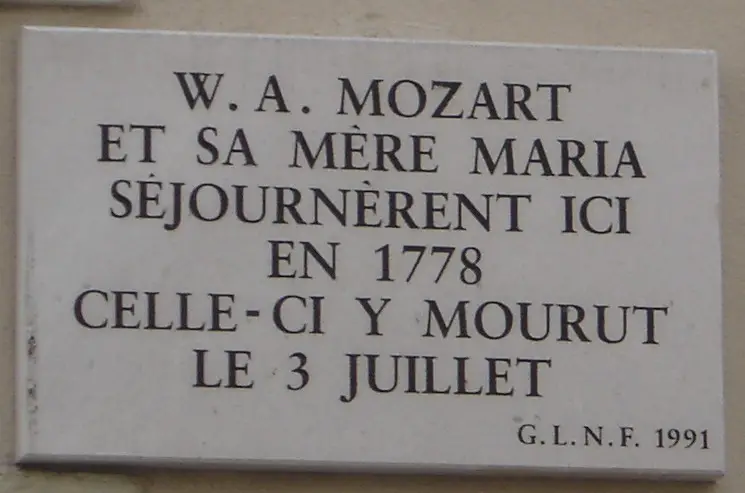
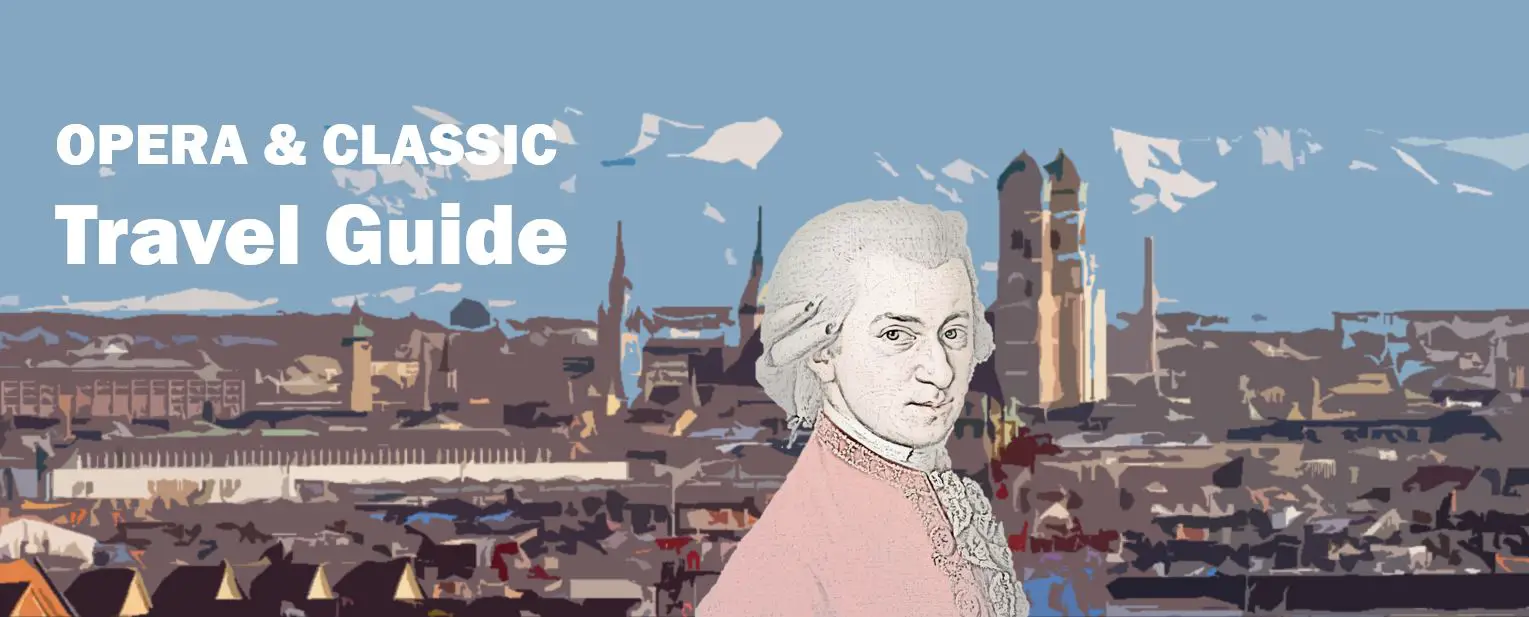
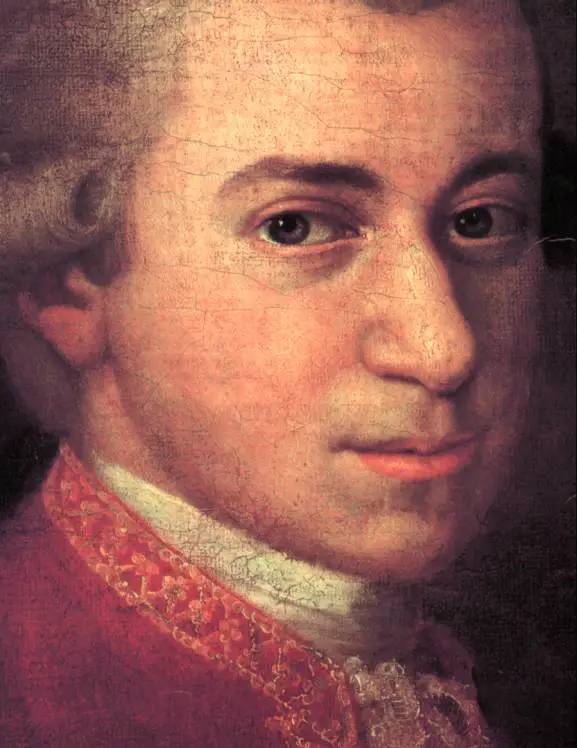
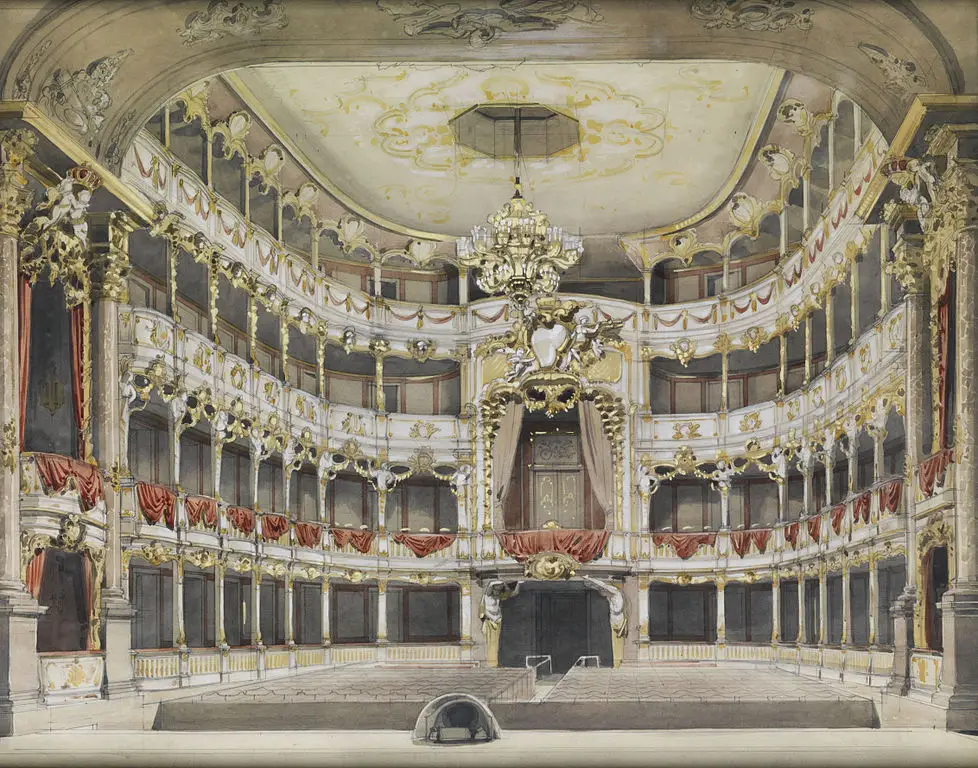
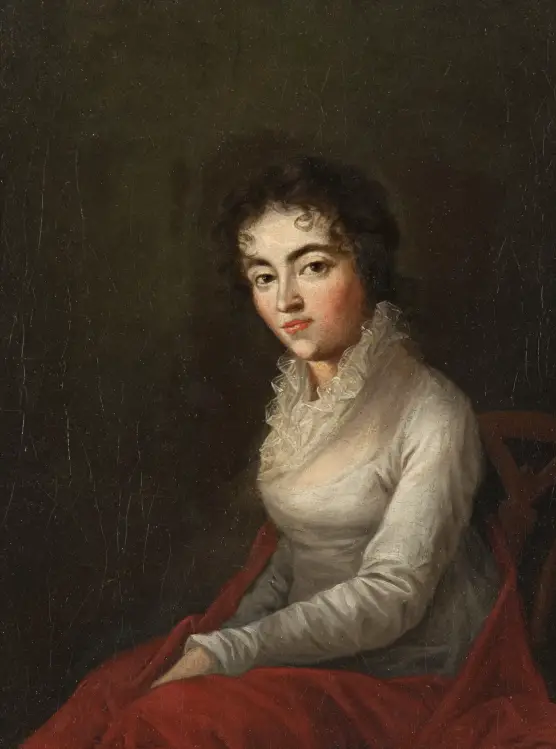
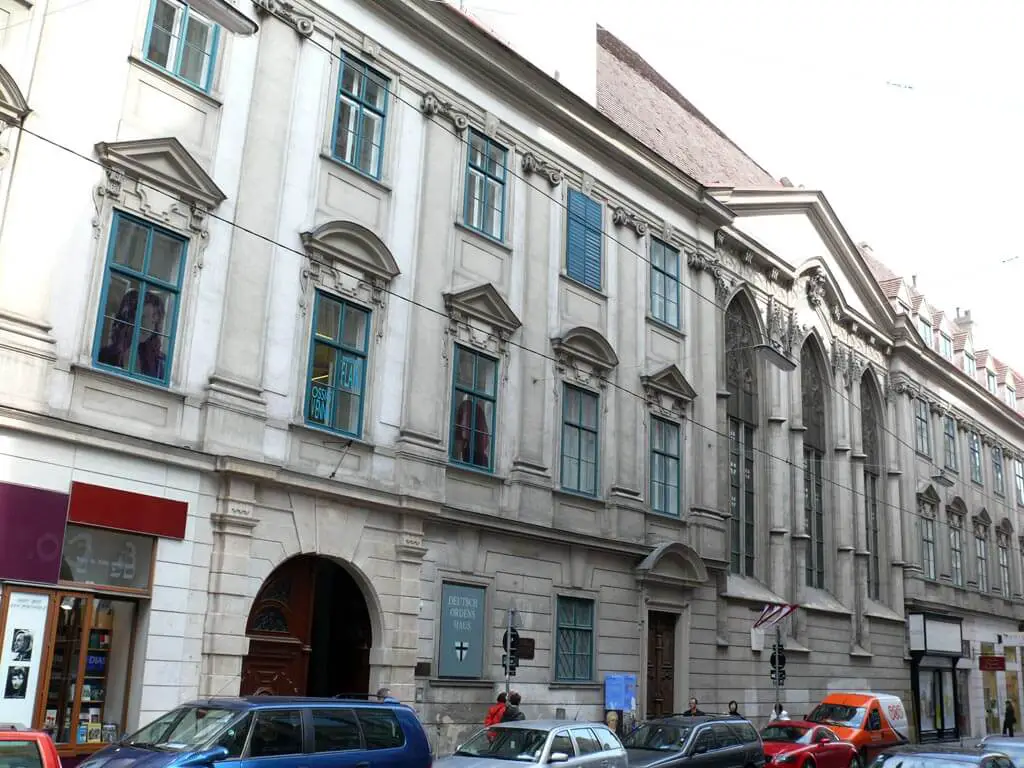
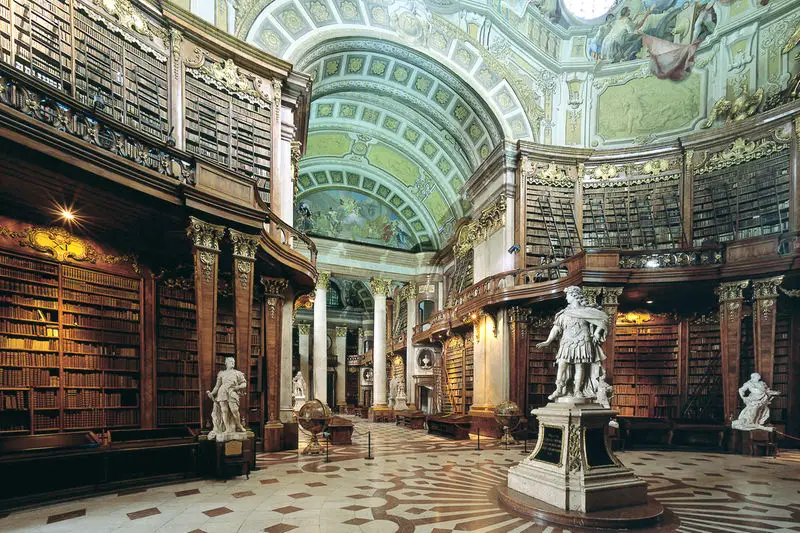
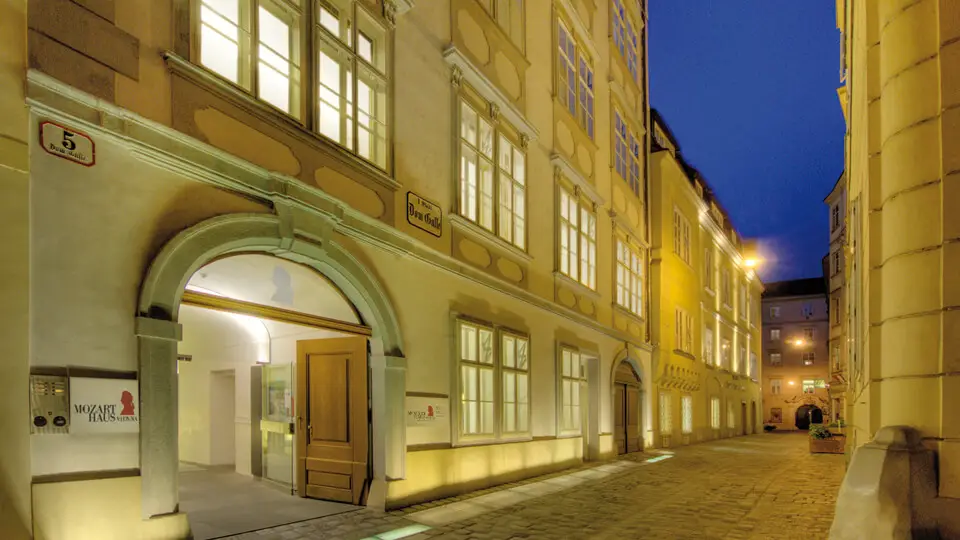
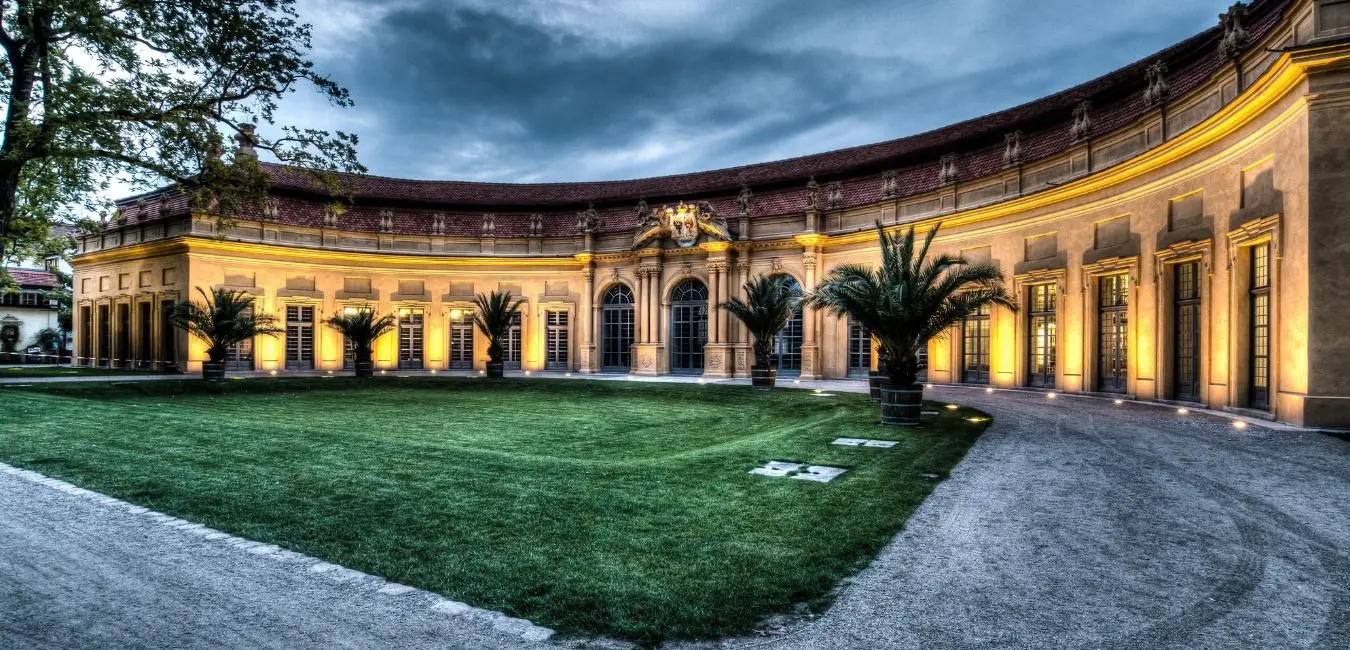
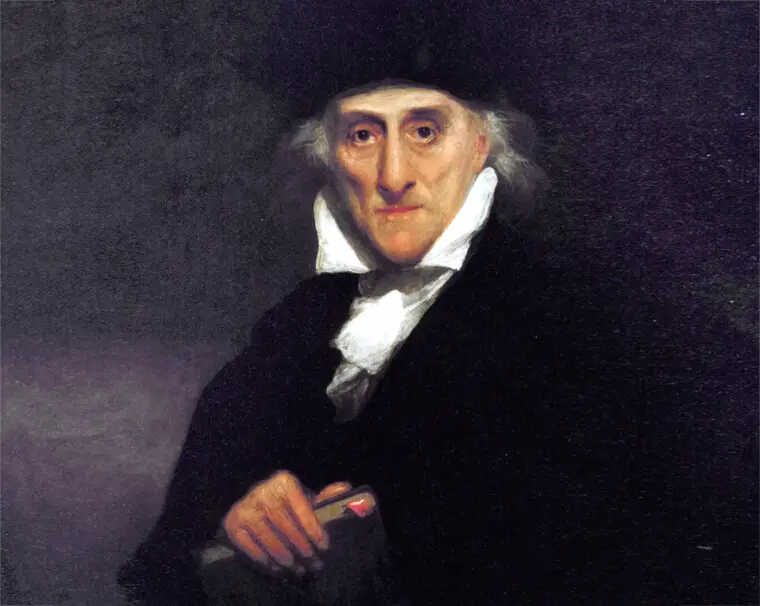
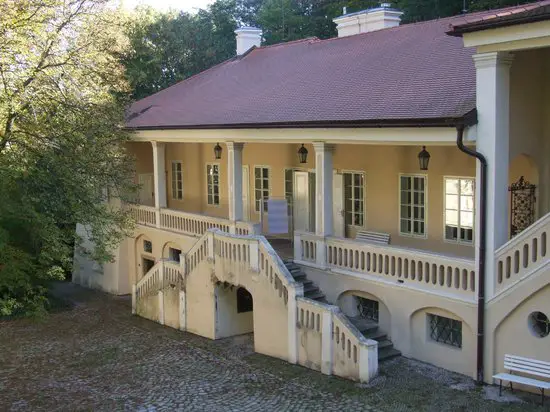
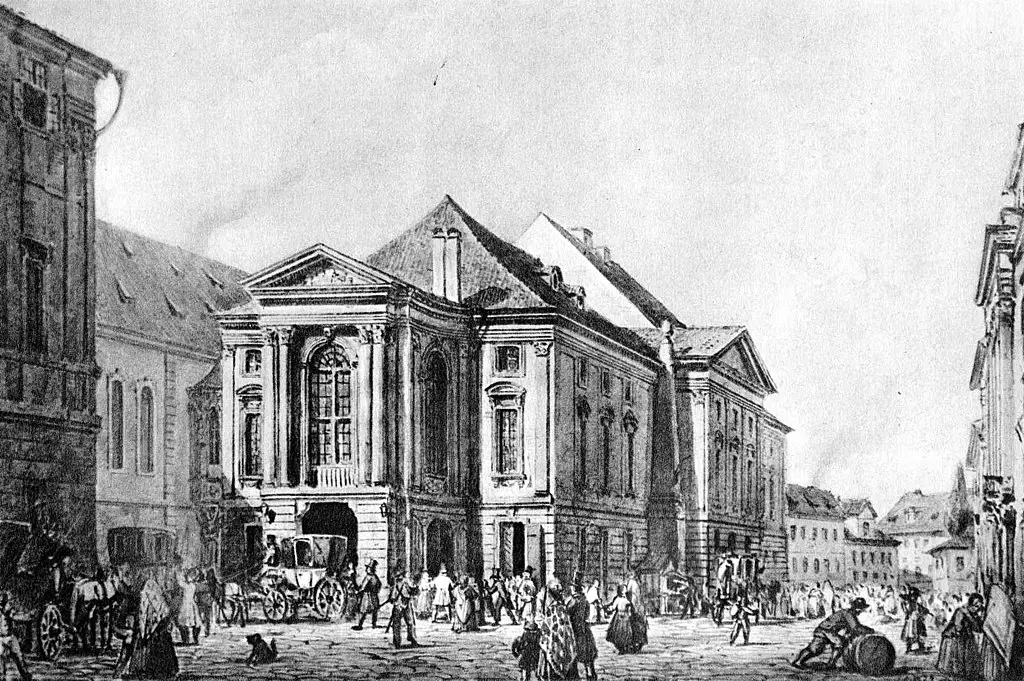
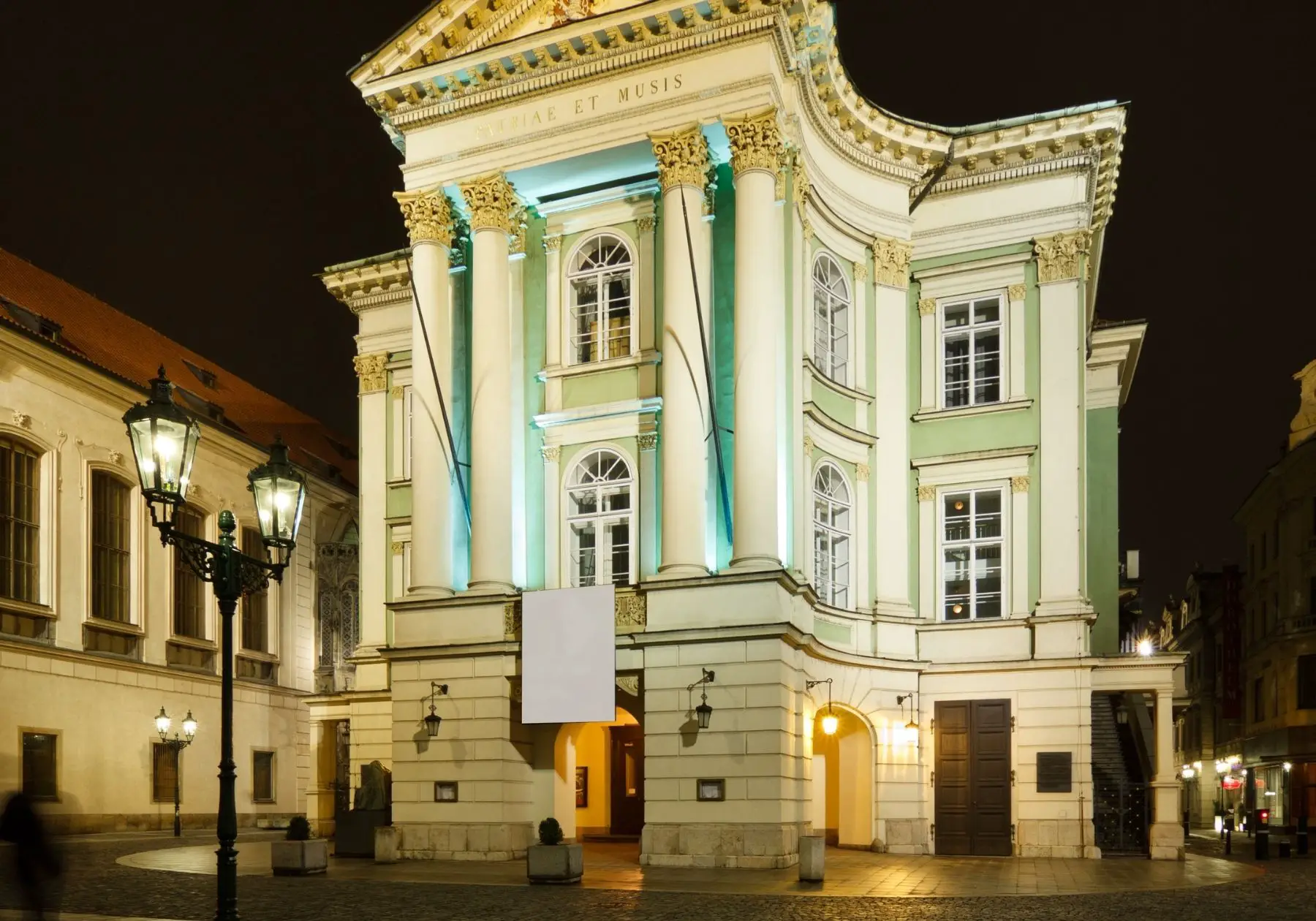
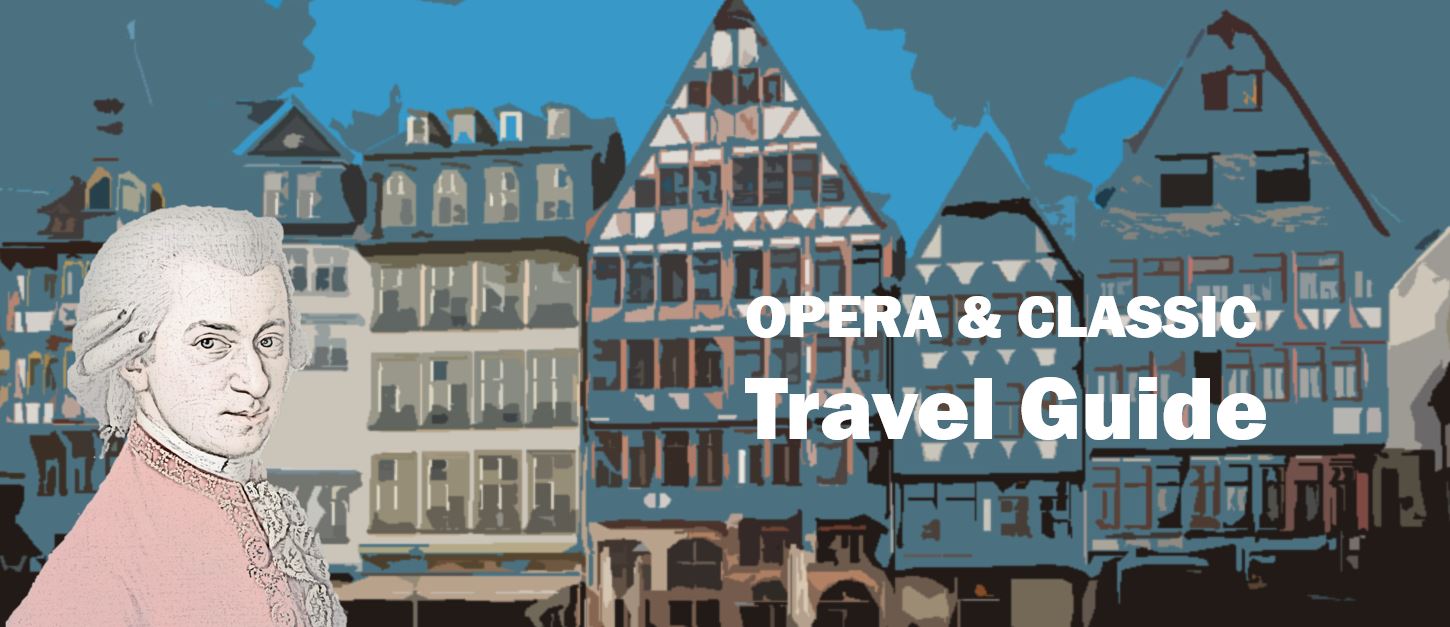
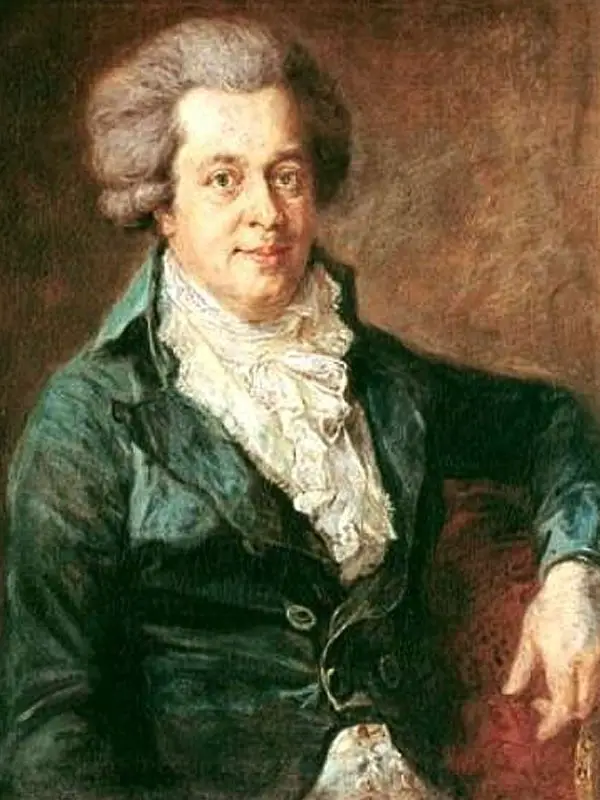
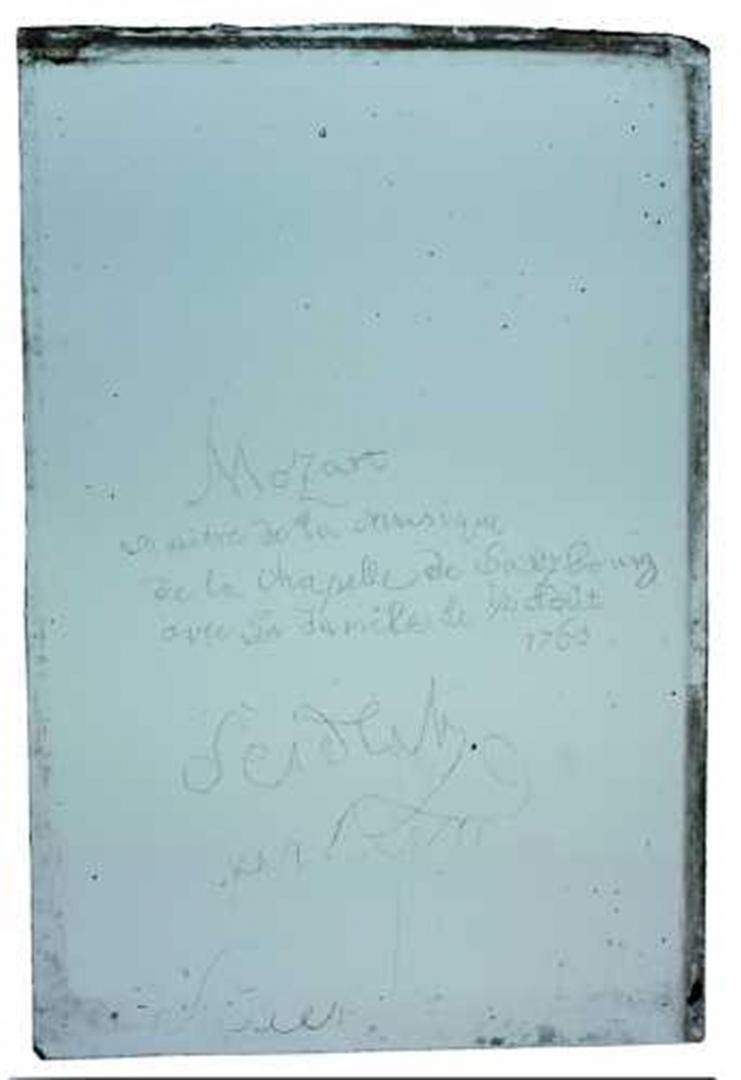
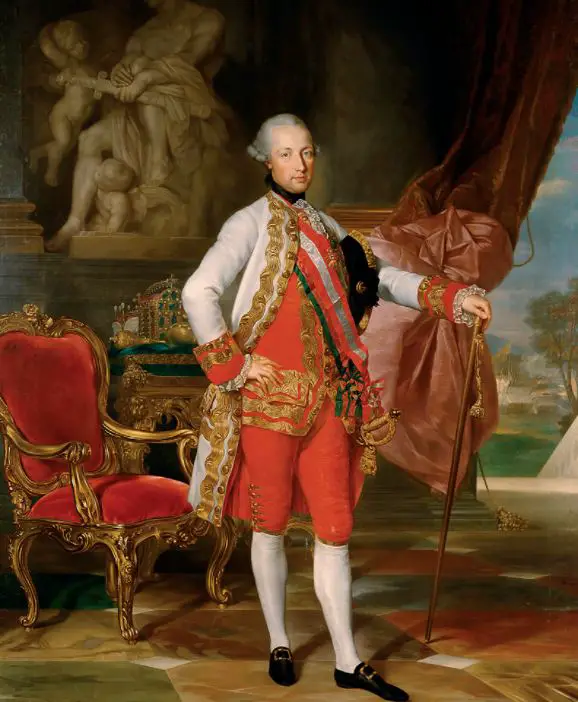
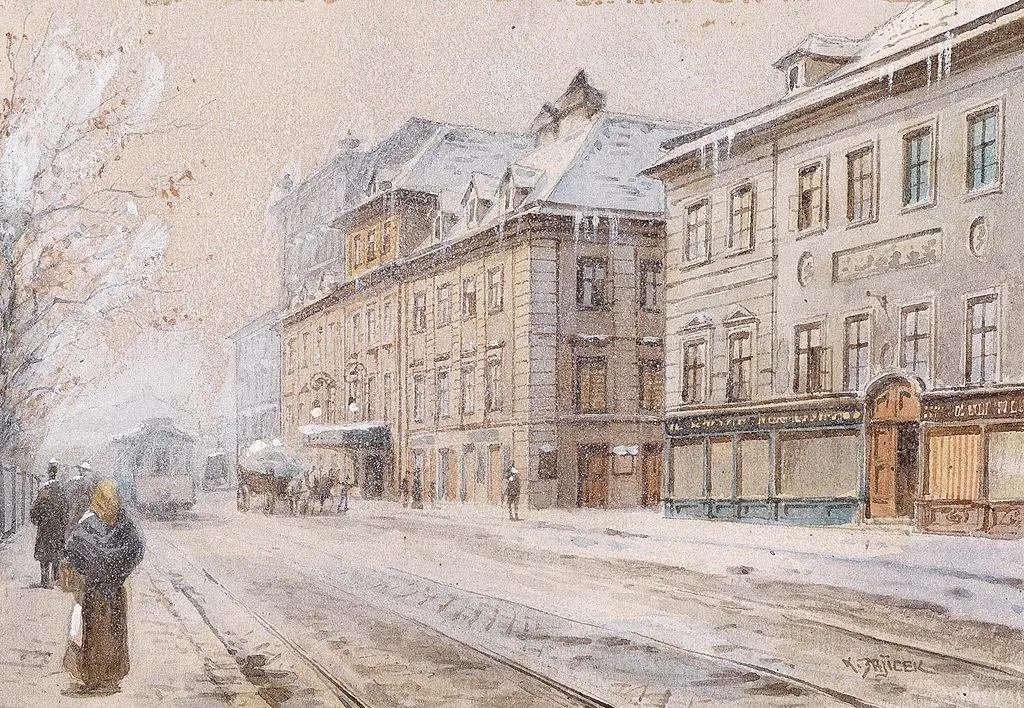
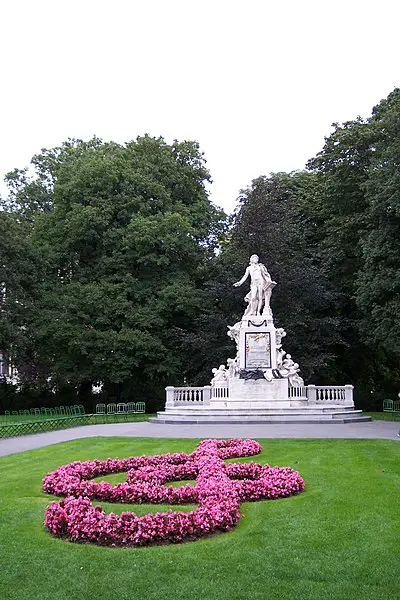
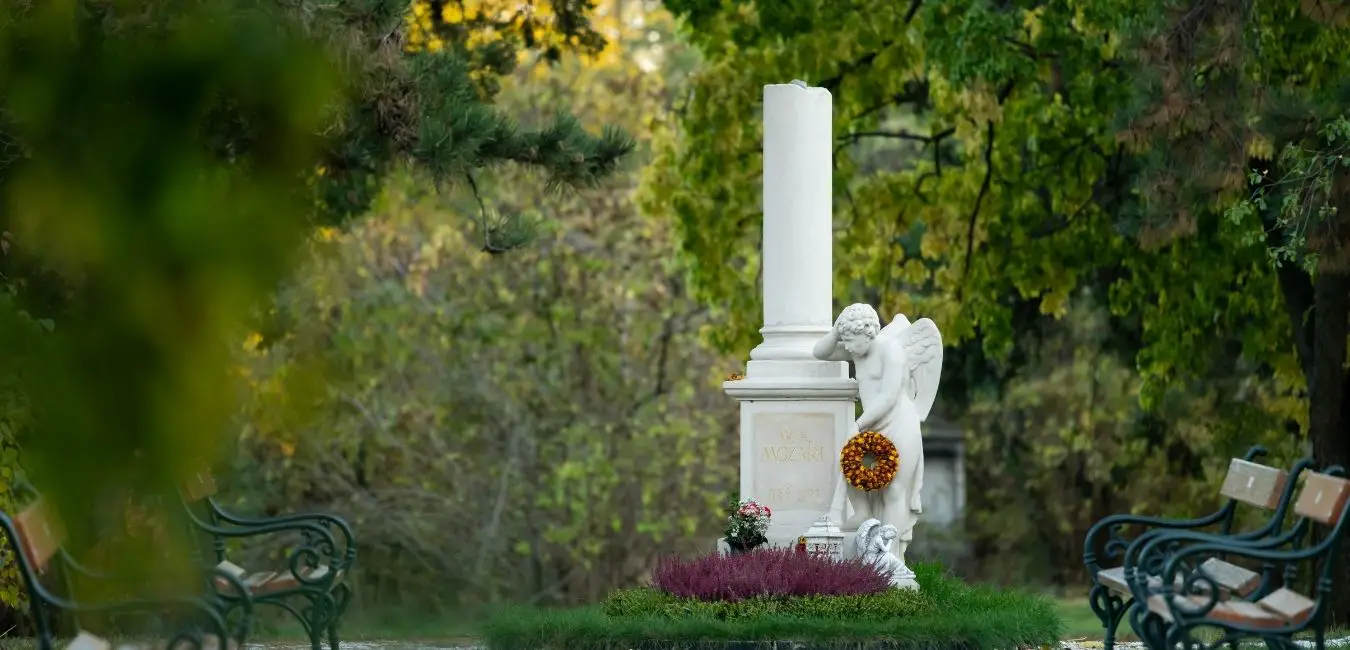
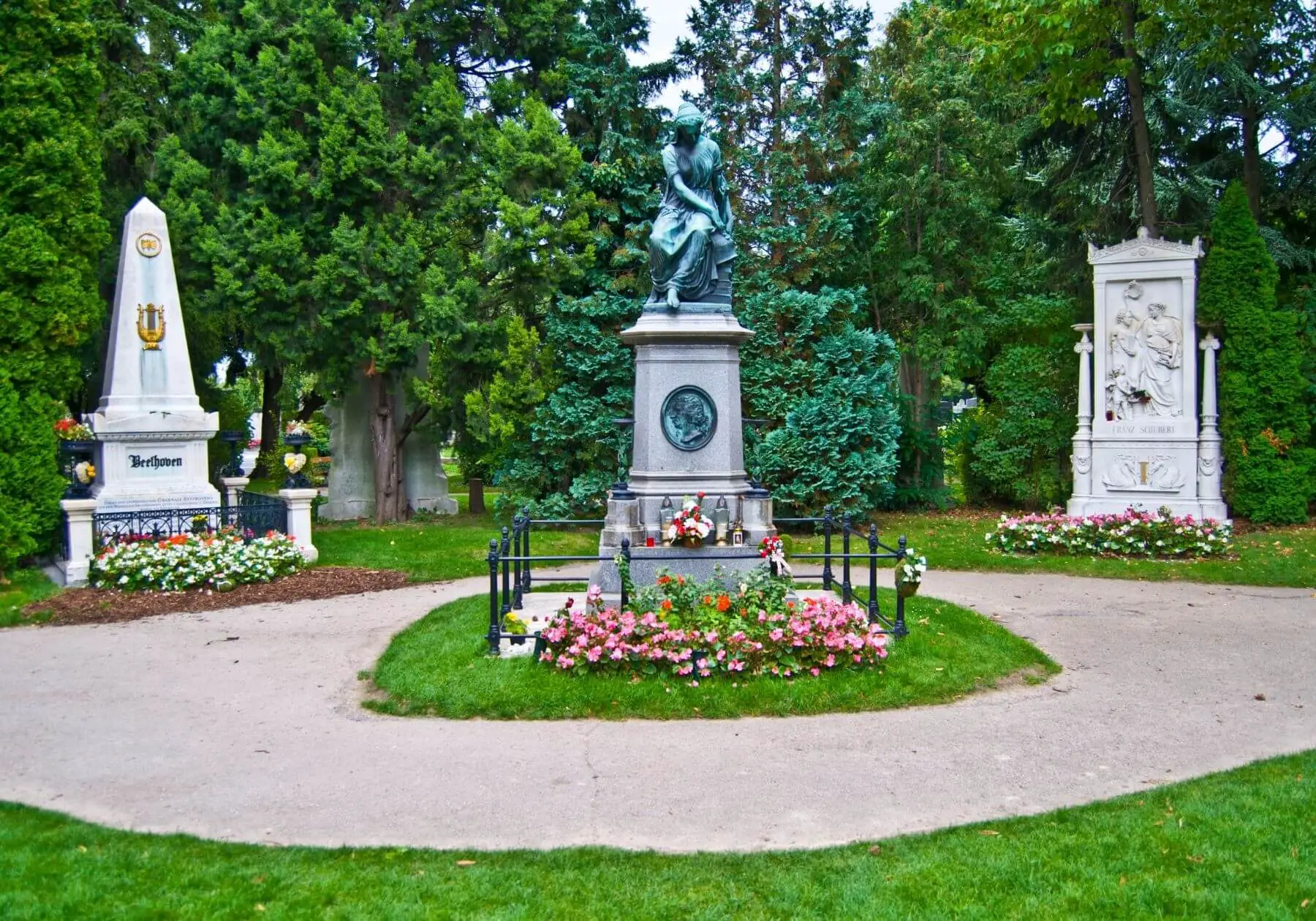

Leave a Reply
Want to join the discussion?Feel free to contribute!